Κείμενο
Η ερώτηση-τίτλος του σημερινού βίντεο ακούγεται σχεδόν αστεία και προκλητική και πολλοί θα σκεφτούν ότι σίγουρα θα ετοιμάζω κάποιο ανόητο αστείο ή λογοπαίγνιο, γιατί κανείς, φυσικά, δεν πιστεύει ότι τα αναψυκτικά είναι πιο υγιεινά από το λάδι. Φυσικά; Όχι. Πολλοί στην Ευρώπη πιστεύουν ότι το λάδι είναι όχι απλά πιο ανθυγιεινό από τα αναψυκτικα, αλλά πολύ πιο ανθυγιεινό. Δώστε μου λίγο χρόνο να σας εξηγήσω. Πολλές χώρες στην Ευρώπη, ανάμεσά τους η Γαλλία, η Ισπανία και η Γερμανία, εφαρμόζουν εδώ και λίγα χρόνια ένα σύστημα αξιολόγησης της ποιότητας των τροφίμων βασισμένο σε μία βαθμονόμηση από το A έως το Ε. Σύμφωνα με αυτή τη βαθμονόμηση οι τροφές οι οποίες λαμβάνουν Α και Β θεωρούνται οι πιο υγιεινές που μπορεί να τις καταναλώσει κάποιος, ενώ οι τροφές που βαθμολογούνται με D και Ε θεωρούνται οι λιγότερο υγιεινές τροφές. Οι τροφές που βαθμολογούνται με C θεωρούμε ότι είναι κάπου στη μέση. Η λογική πίσω από αυτή τη βαθμολόμηση των τροφών είναι για να μας κατευθύνει να επιλέξουμε τροφές που είναι καλύτερες για την υγεία μας και να αποφύγουμε τις τροφές οι οποίες δεν είναι τόσο καλές. Αρχικά ακούγεται ότι είναι μία καλή ιδέα και ότι μπορεί να βοηθήσει σε πιο υγιεινές επιλογές διατροφής, αλλά δυστυχώς δεν είναι καθόλου έτσι. Αρχικά, πρέπει να τονίσω ότι αυτή η οδηγία δεν είναι υποχρεωτική να την εφαρμόσουν όλες οι χώρες και η Ελλάδα είναι από τις χώρες που αρνείται να εφαρμόσει αυτή τη βαθμονόμηση. Αρνείται δηλαδή να απαιτήσει από τις βιομηχανίες παρασκευής τροφίμων να χρησιμοποιήσουν αυτή τη βαθμονόμηση στην ετικέτα των τροφίμων που παρασκευάζουν και εμπορεύονται και όπως θα καταλάβετε σε λίγο αυτό είναι μία πολύ καλή επιλογή. Χωρίς να σας κουράσω στο πώς βγαίνει αυτή η βαθμονόμηση, πρακτικά βασίζεται κυρίως στις θερμίδες που περιέχει κάθε τρόφιμο που θα βρείτε στο σούπερ μάρκετ. Οι τροφές που έχουν πολλές θερμίδες ανά μερίδα παίρνουν κακή βαθμολογία ενώ οι τροφές που έχουν λίγες θερμίδες ανά μερίδα παίρνουν καλή βαθμολογία. Αυτό μπορεί να έχει λίγη λογική όταν δεν

μαγειρεύεις, και ότι αγοράζεις από το σούπερ μάρκετ τον βγάζεις από το σακουλάκι του και το τρως, αλλά έχει τα προβλήματά του όταν αγοράζεις από την αγορά συστατικά και μαγειρεύεις φαγητό όπως θα έπρεπε να κάνουμε όλοι καθημερινά ή τουλάχιστον σχεδόν καθημερινά. Πάμε να δούμε μερικά παραδείγματα για να δείτε πού είναι προβληματικό αυτό το σύστημα βαθμονόμησης. Ξεκινώντας, να τονίσω ότι στις περισσότερες τροφές το σύστημα βγάζει λογικά αποτελέσματα. Εμείς, θα εστιάσουμε στα προβληματικά αποτελέσματα, που δυστυχώς είναι αρκετά και σημαντικά. Όλοι γνωρίζουν ότι τα αναψυκτικά θα πρέπει να απουσιάζουν από τη διατροφή μας. Δυστυχώς, σύμφωνα με το σύστημα βαθμονόμησης nutriscore τα αναψυκτικά με λίγες θερμίδες, που είναι γεμάτα γλυκαντικά που όλοι ξέρουμε ότι δεν είναι πολύ καλό να τα καταναλώνουμε, βαθμολογούνται με Β, παίρνουν δηλαδή ένα πολύ καλό βαθμό. Από την άλλη, το ελαιόλαδο, που σύμφωνα με πολλούς είναι από τα σημαντικότερα συστατικά της μεσογειακής διατροφής, της πιο υγιεινής διατροφής στον κόσμο, βαθμολογείται με μία από τις χειρότερες βαθμολογίες, το D ή το C. Έχω διαβάσει μάλιστα ότι αρχικά η βαθμολογία στο ελαιόλαδο ήταν Ε, αλλά πίεσαν οι Ιταλοί έτσι ώστε η βαθμολογία να πάει στο D και για το έξτρα παρθένο ελαιόλαδο στο C. Για να καταλάβετε τι σημαίνει η βαθμολογία D, αρκεί να σας πω ότι και οι μπάρες δημητριακών που κατά 25% η ενέργεια που περιέχουν είναι σκέτη ζάχαρη βαθμολογούνται με τον ίδιο βαθμό, όπως και το κέτσαπ, που επίσης είναι γεμάτο ζάχαρη και γλυκαντικά. Από την άλλη, βαθμολογία B επιτυγχάνουν τα φυτικά υποκατάστατα burger, που, όπως έχω πει επανειλημμένα, δεν πιστεύω ότι είναι πιο υγιεινά από τα κανονικά μπιφτέκια, όπως επίσης και κάποια παιδικά δημητριακά πρωινού με ζάχαρη. Όταν λέω παιδικά, εννοώ τα δημητριακά που έχουν ζωγραφιές από ζωάκια απ’ έξω και σίγουρα δεν απευθύνονται σε ανθρώπους που προσπαθούν να ακολουθήσουν μία υγιεινή διατροφή. Κάτι αντίστοιχο βλέπουμε με το μέλι, που βαθμολογείται με Ε, την ίδια βαθμολογία που παίρνουν και

τα αλείμματα με σοκολάτα. Δηλαδή, τα αλείμματα με κακάο που περιέχουν φοινικέλαιο και ζάχαρη είναι τα ίδια με το μέλι. Δεν νομίζω! Δεν χρειάζεται κάποιος να έχει σπουδάσει ιατρική ούτε να είναι ειδικός στην ιατρική διατροφολογία για να γνωρίζει ότι το ελαιόλαδο είναι πιο υγιεινή επιλογή από τα αναψυκτικά χωρίς ζάχαρη, τις μπάρες δημητριακών με ζάχαρη και τα παιδικά δημητριακά, που ούτε τα παιδιά δεν πρέπει να τρώνε. Έχουν δημοσιευτεί ξανά και ξανά αμέτρητες μελέτες που τονίζουν ότι τόσο η ζάχαρη, όσο και κάποια γλυκαντικά συνδέονται με καρκίνο, παθήσεις της καρδιάς και σακχαρώδη διαβήτη. Αντίθετα, δεν υπάρχει καμία μελέτη που να αποδεικνύει ότι το ελαιόλαδο προκαλεί καρκίνο, σακχαρώδη διαβήτη και καρδιοπάθειες. Αυτό το σύστημα όμως δεν αξιολογεί την επίδραση των τροφών στην υγειά μας, αλλά τις θερμίδες που περιέχουν ανά μερίδα. Όπως είδαμε, αυτό μπορεί να οδηγήσει σε αποτελέσματα τα οποία δεν βοηθούν κάποιον να ακολουθήσει μία υγιεινή διατροφή. Με προβληματίζει η υιοθέτηση αυτού του συστήματος. Ευτυχώς μέχρι τώρα δεν το έχουν υιοθετήσει η Ελλάδα, η Ιταλία, η Τσεχία, η Ρουμανία, η Ουγγαρία και άλλες χώρες και ελπίζω να παραμείνει έτσι. Μια καλή εξέλιξη είναι ότι πρόσφατα διάβασα ότι μπορεί στο μέλλον το έξτρα παρθένο ελαιόλαδο να αναβαθμιστεί κι άλλο και να ανέβει στην κατηγορία Β, μαζί με τα αναψυκτικά με ασπαρτάμη και κυκλαμικό οξύ, μετά από πίεση των παραγωγών λαδιού της Ευρώπης. Για να δούμε! Πατώντας το κουμπί που μου αρέσει και μοιράζοντας το βίντεο σε άτομα που θα το βρουν ενδιαφέρον με βοηθάτε πολύ. Αν θέλετε να μάθετε περισσότερες τροφές που θεωρούνται υγιεινές και είναι ακριβώς το αντίθετο, αξίζει να πατήσετε το βίντεο που εμφανίζεται αυτή τη στιγμή στα δεξιά μου που εξηγώ ποιες τροφές πιστεύω ότι είναι αυτές. Ευχαριστώ πολύ.

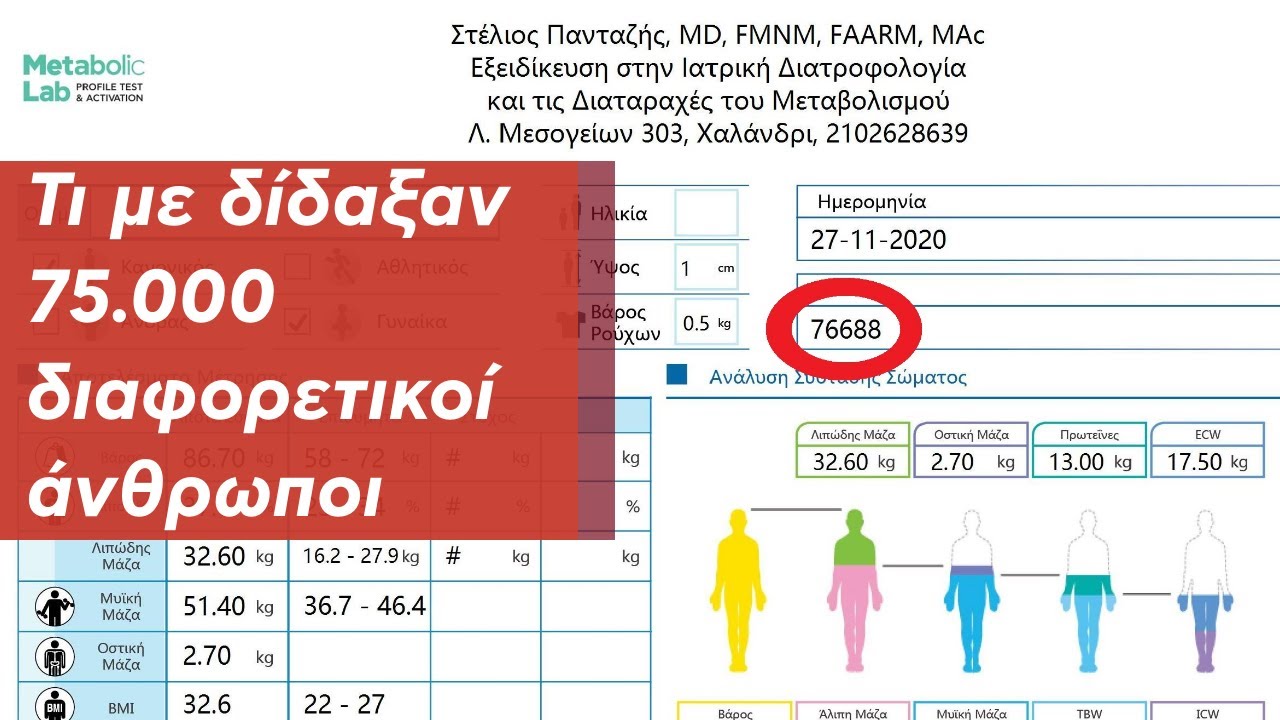
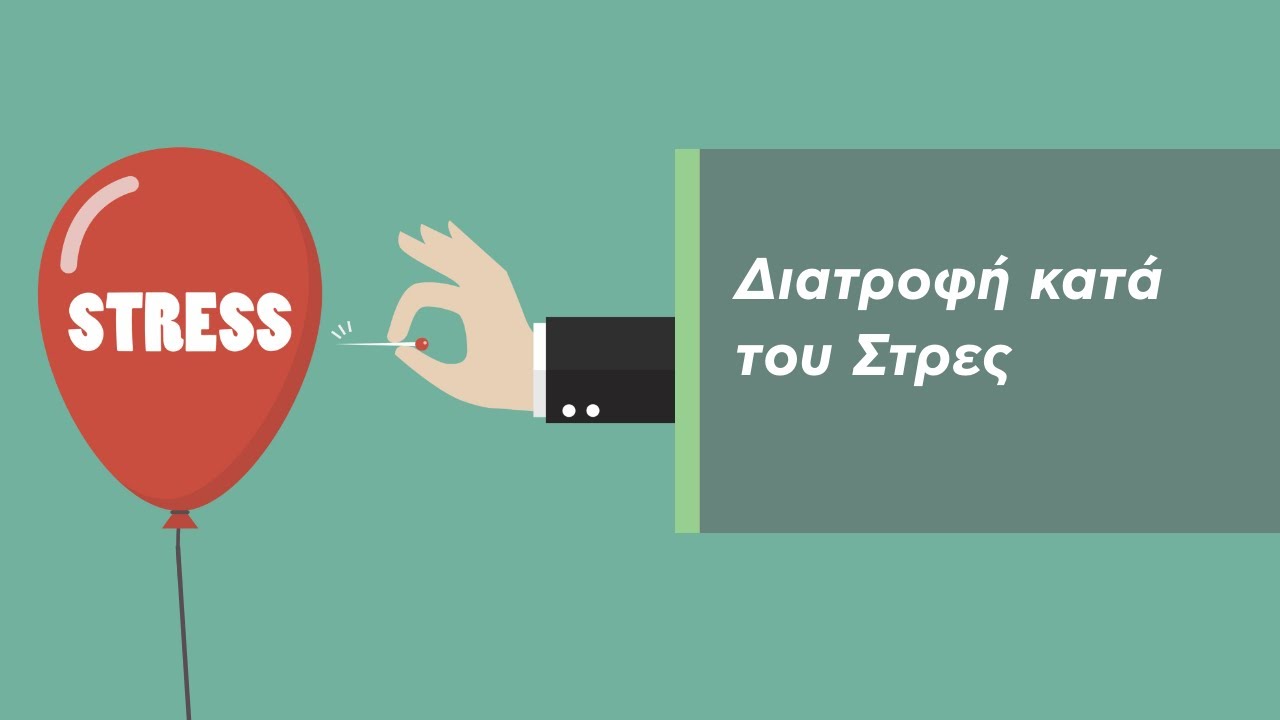
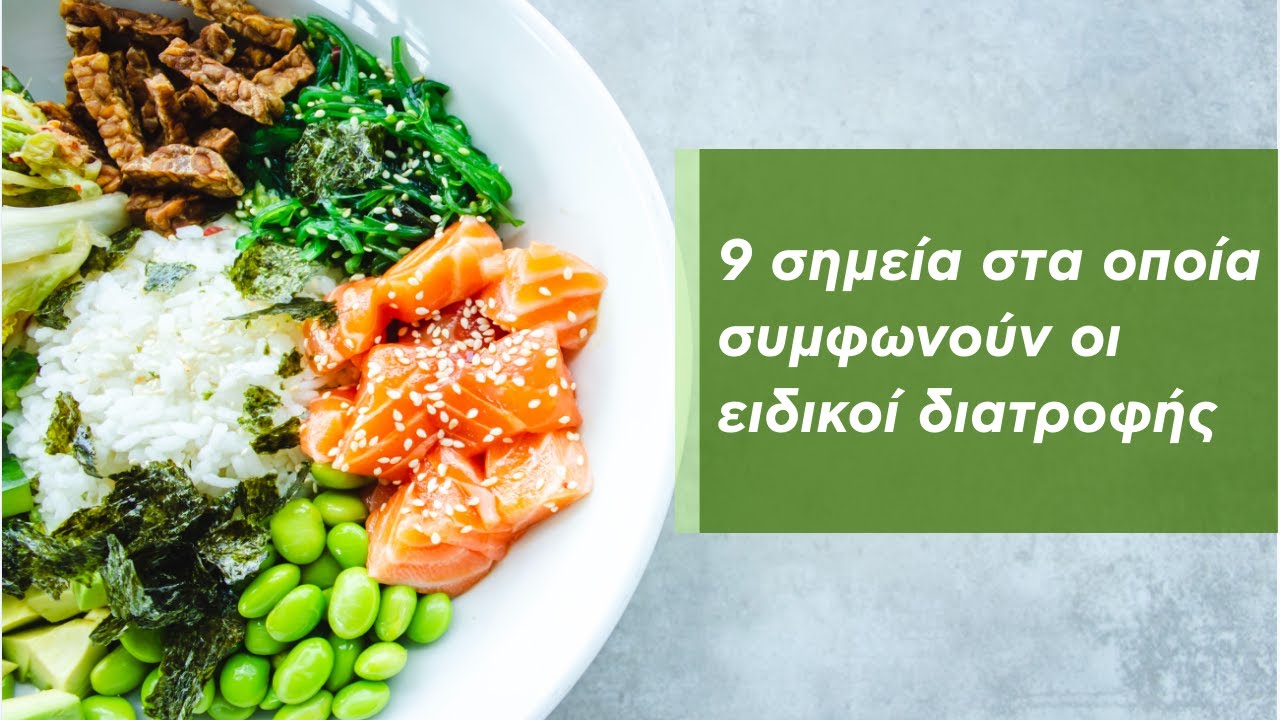
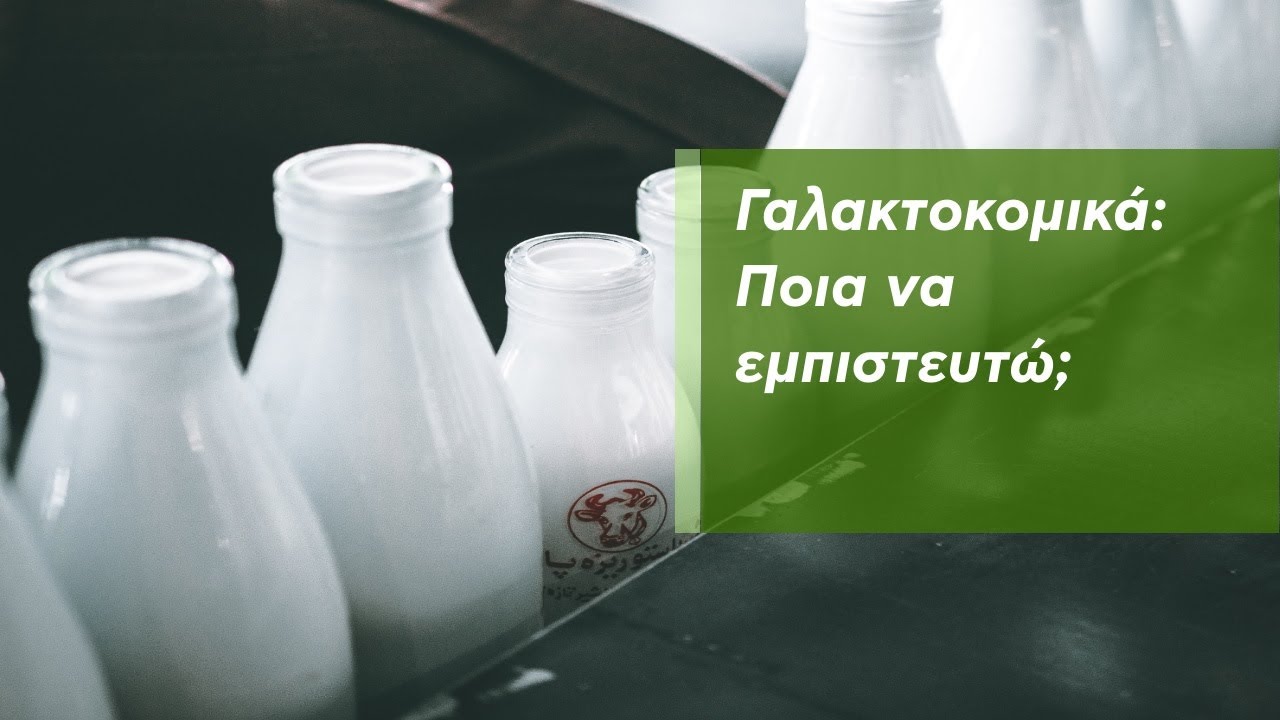

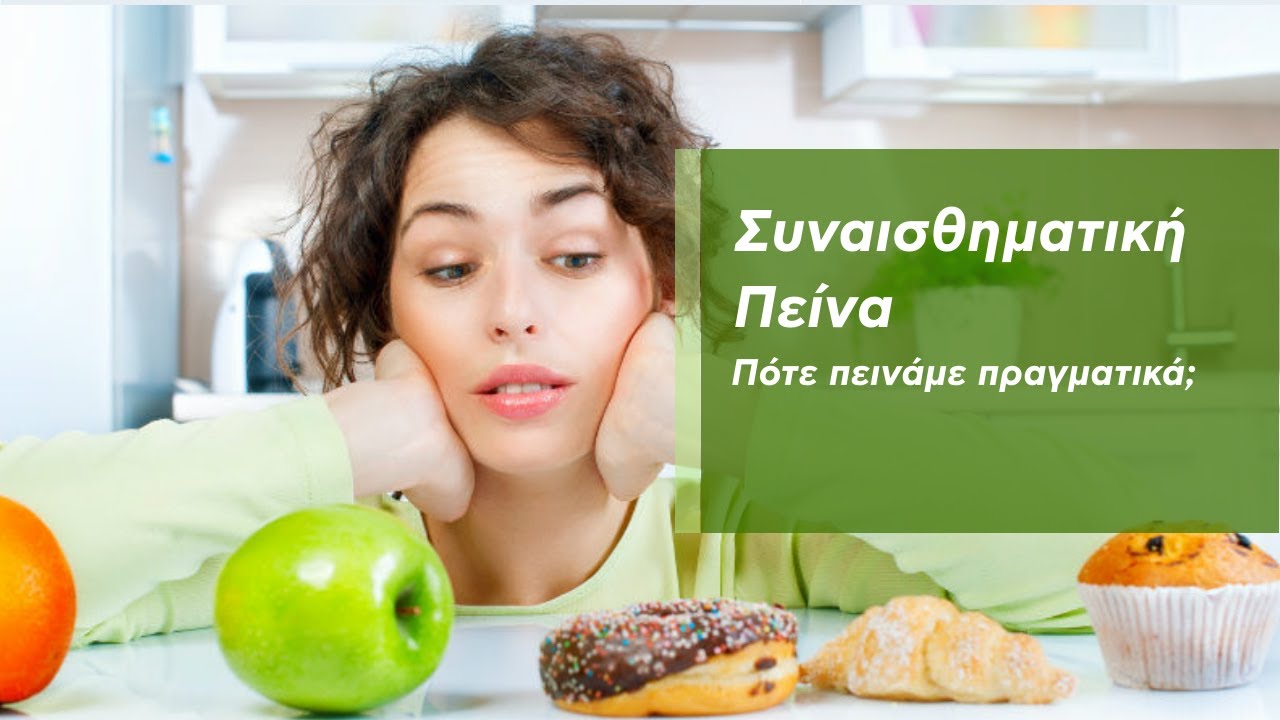
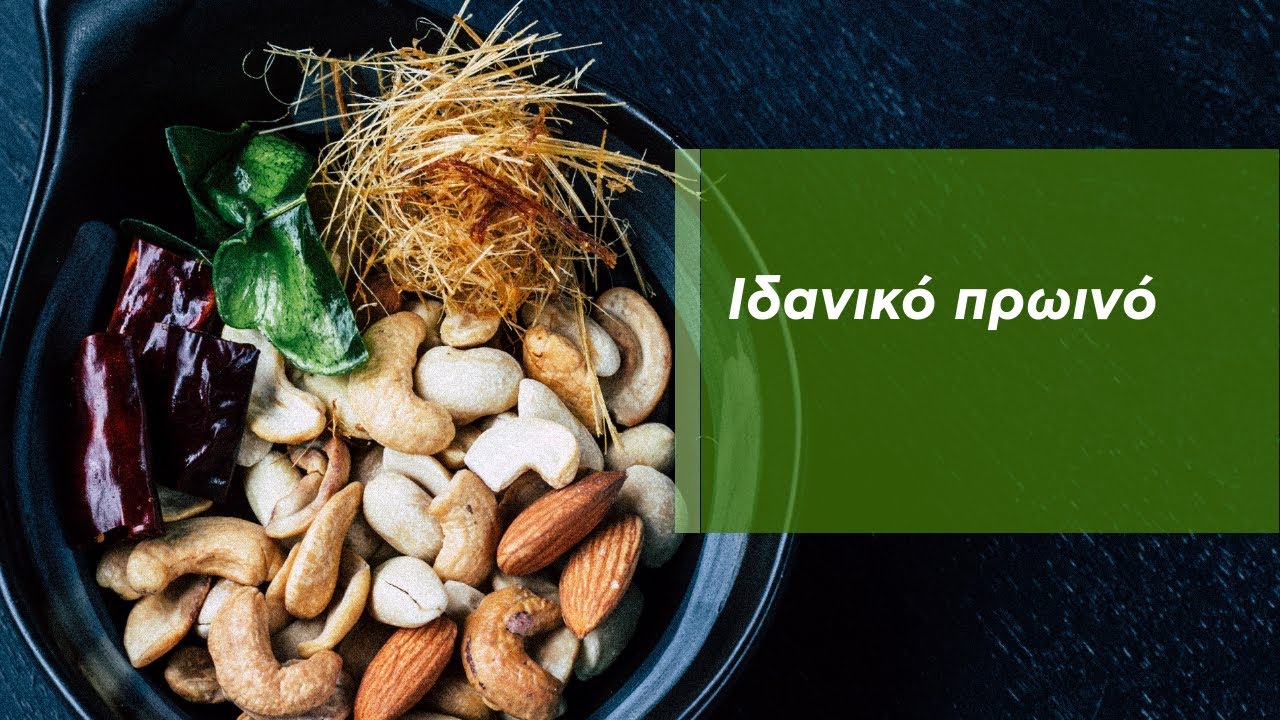
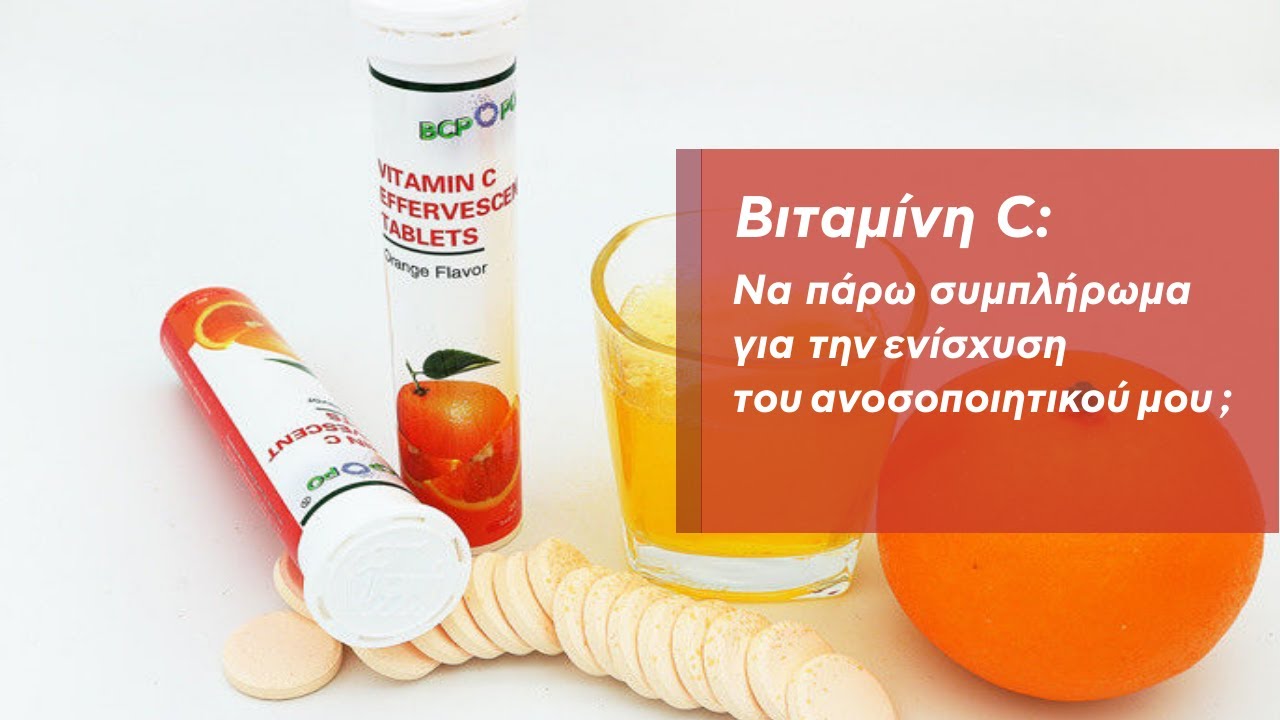
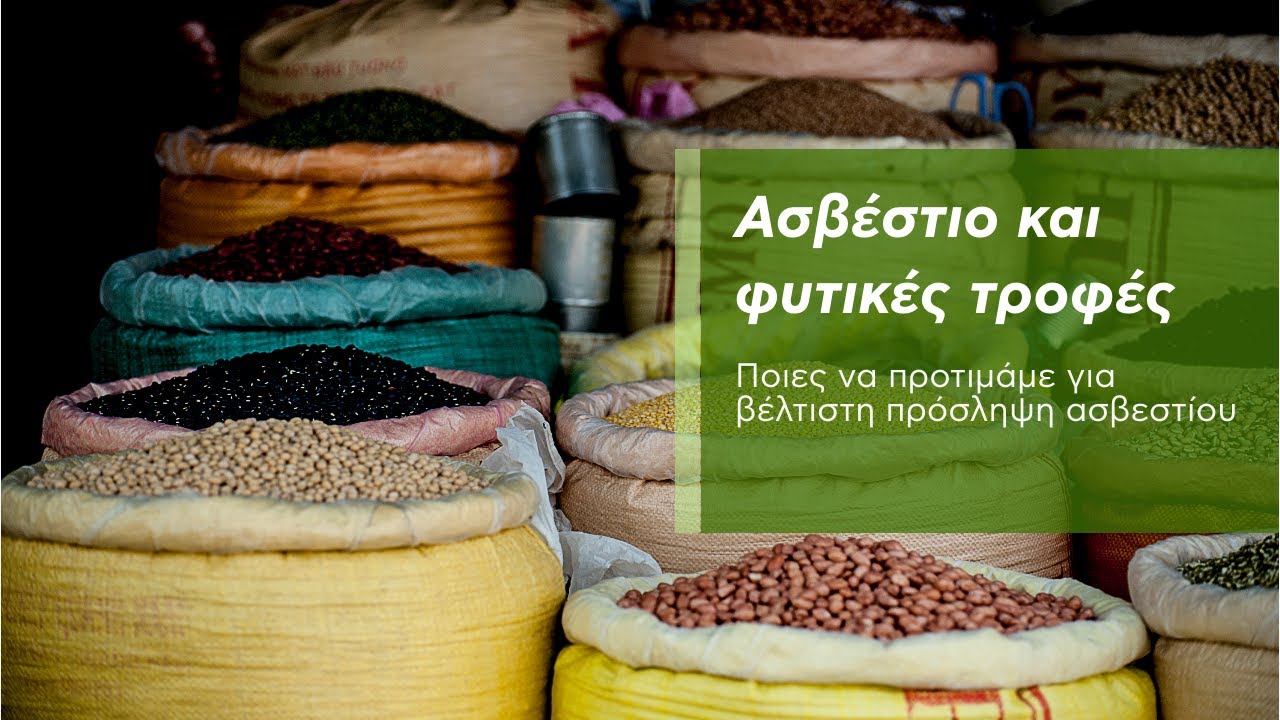
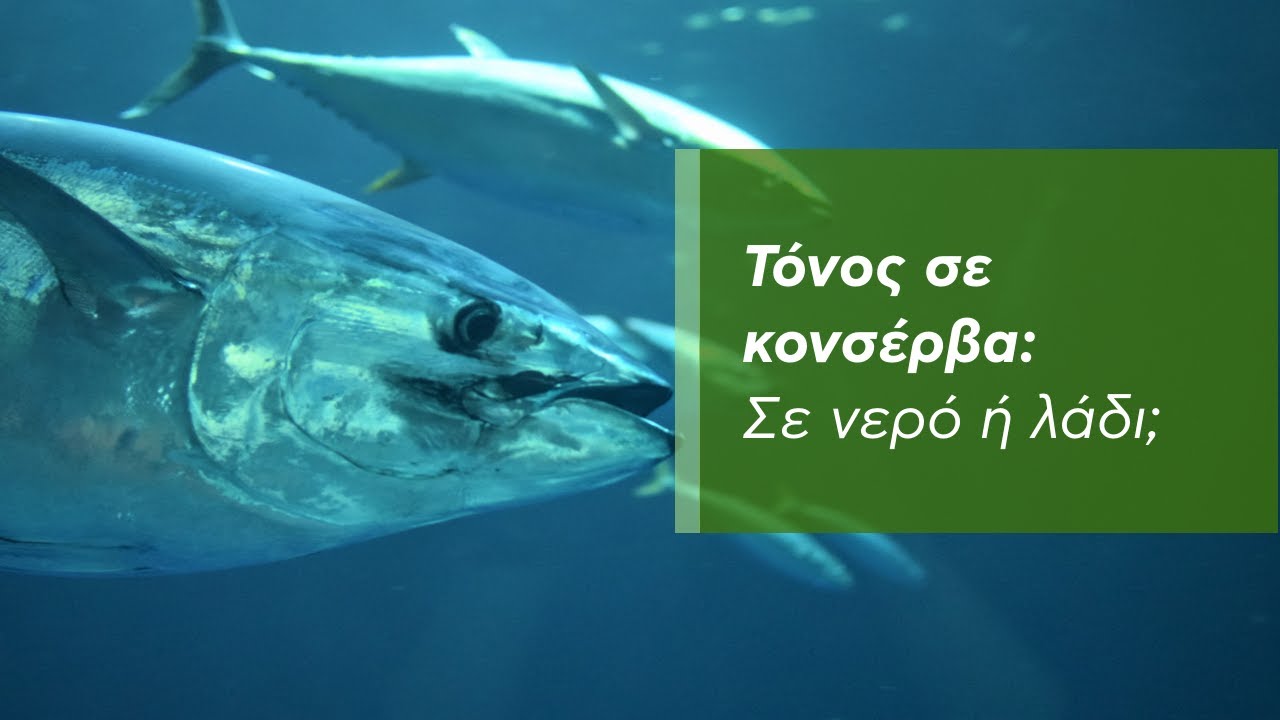

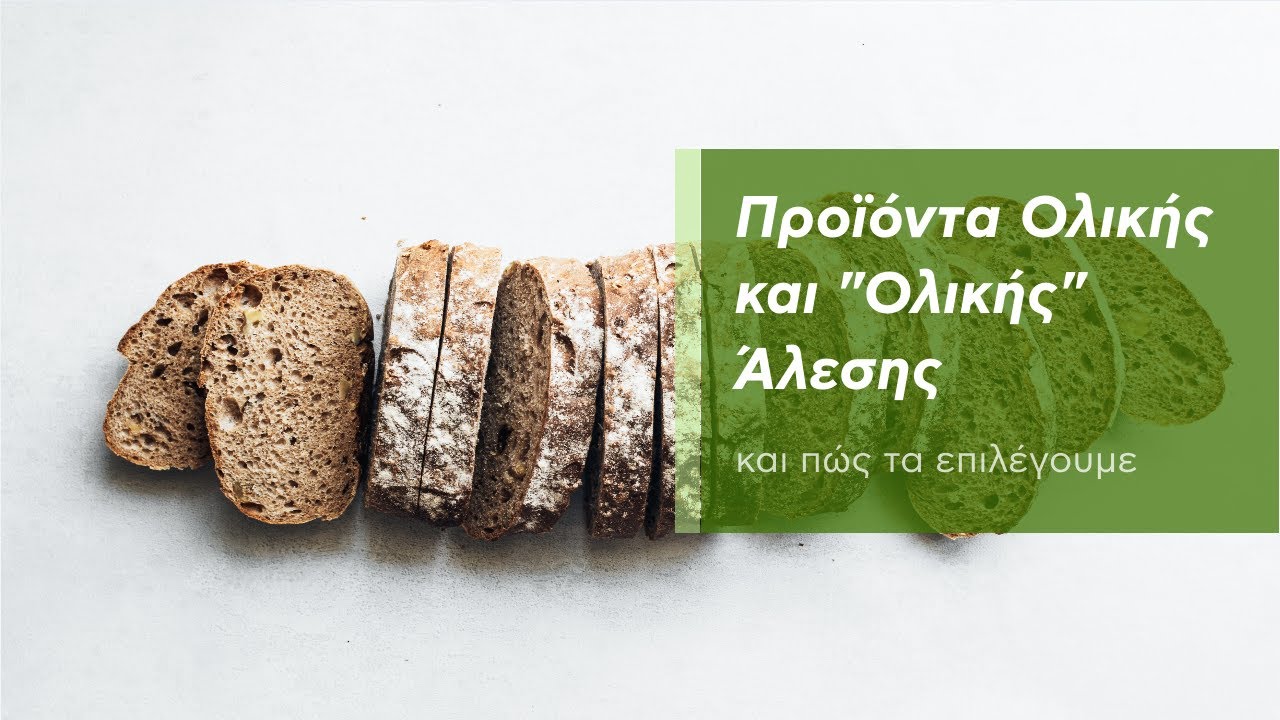
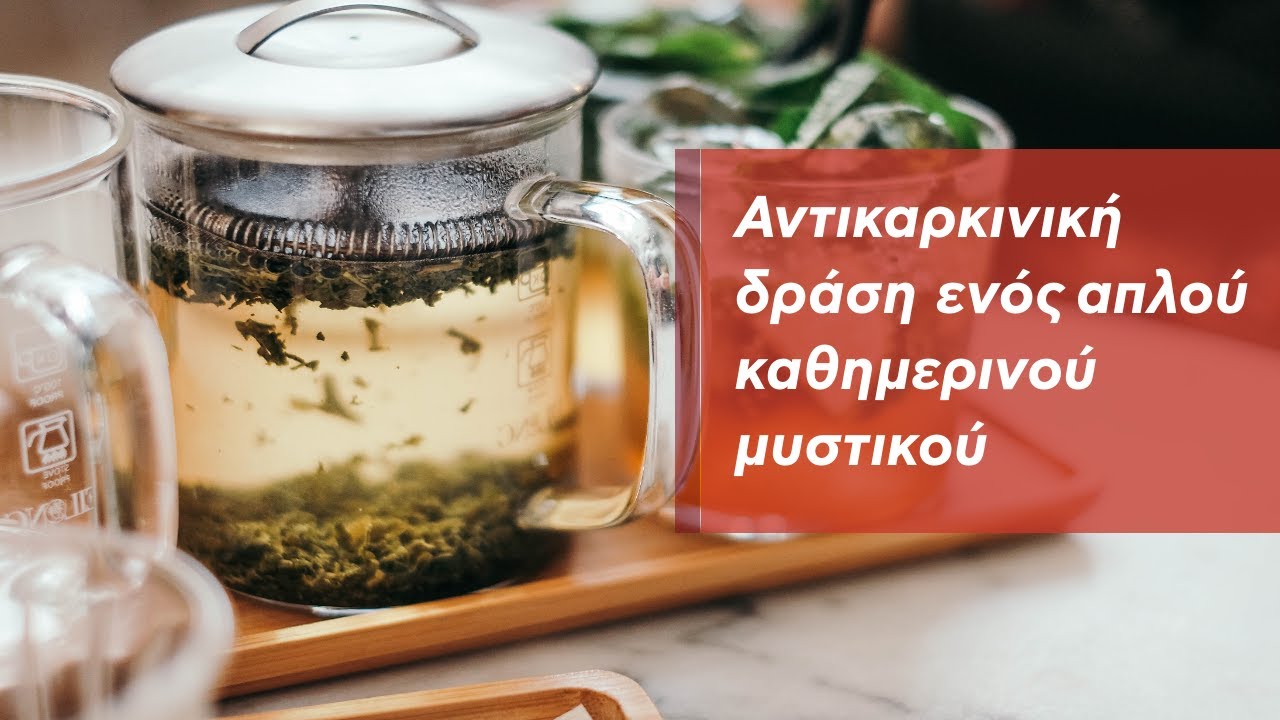
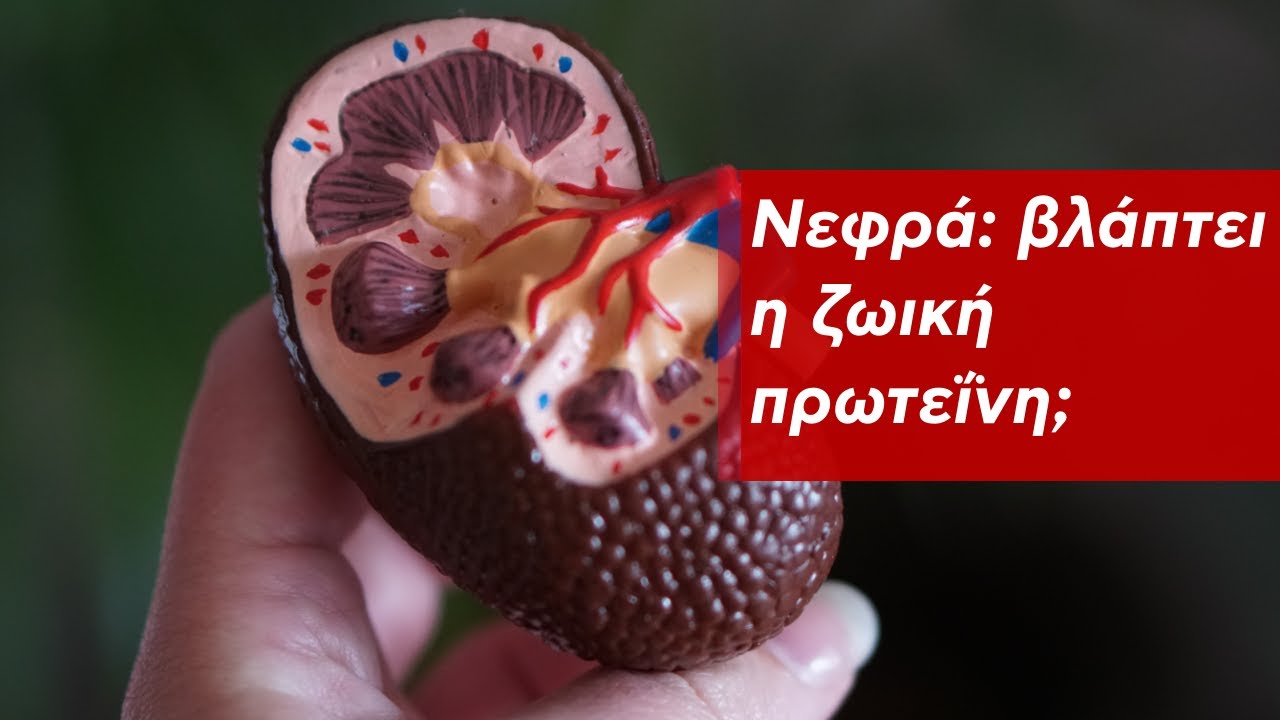
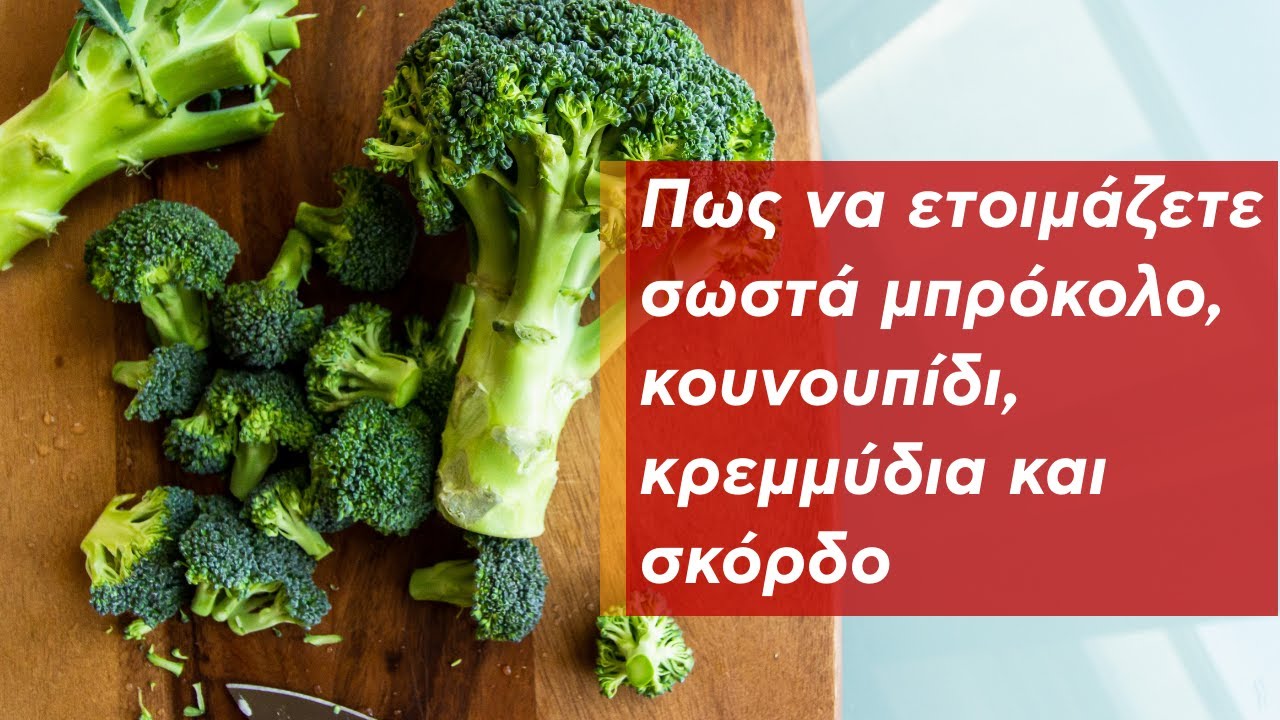
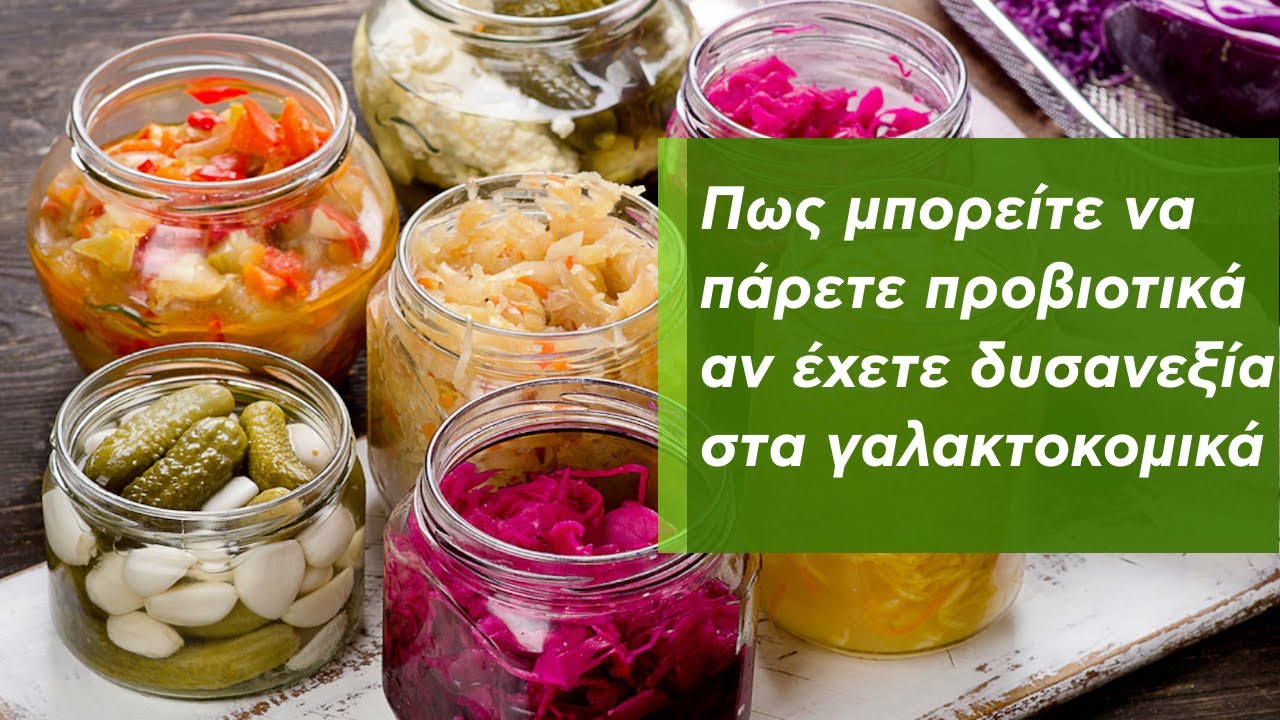


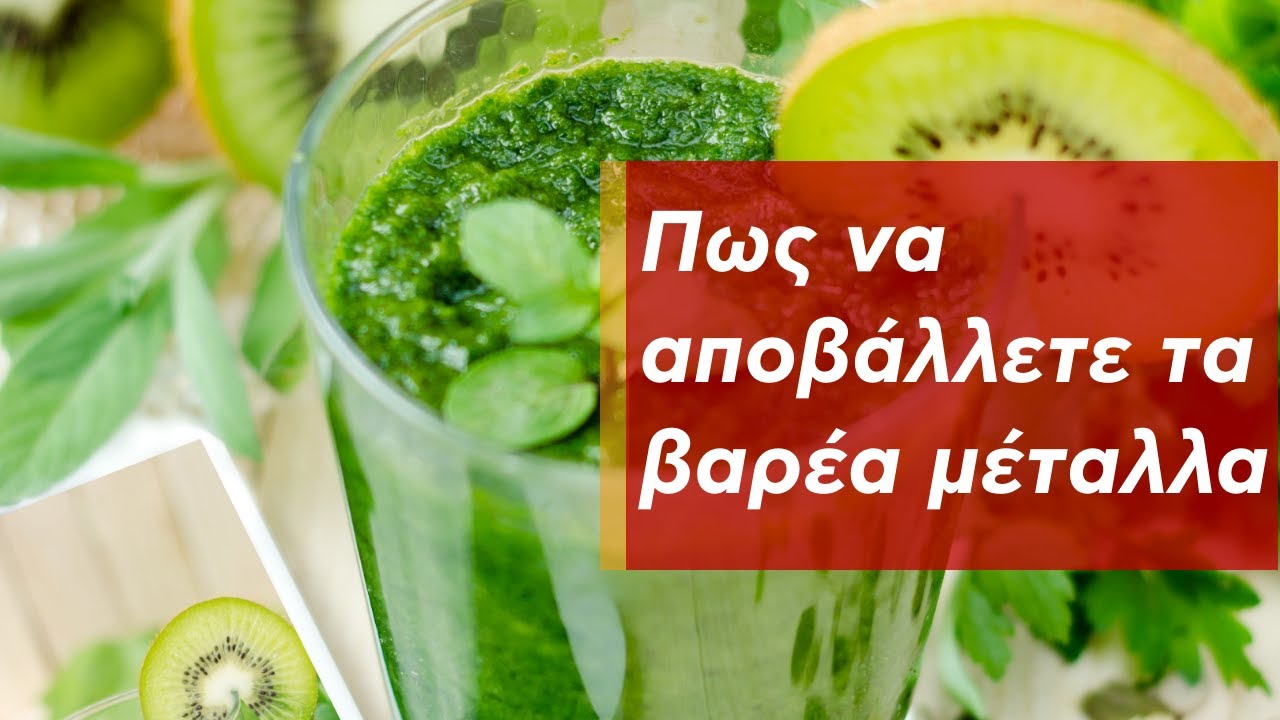

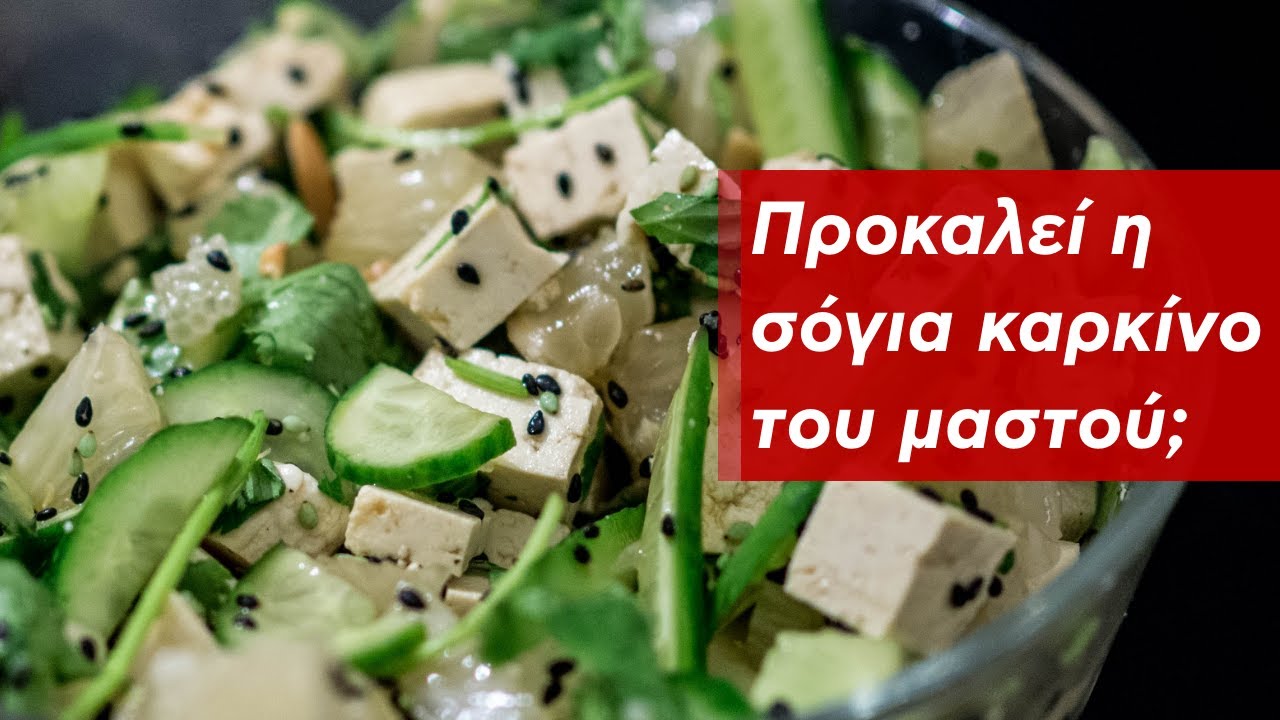
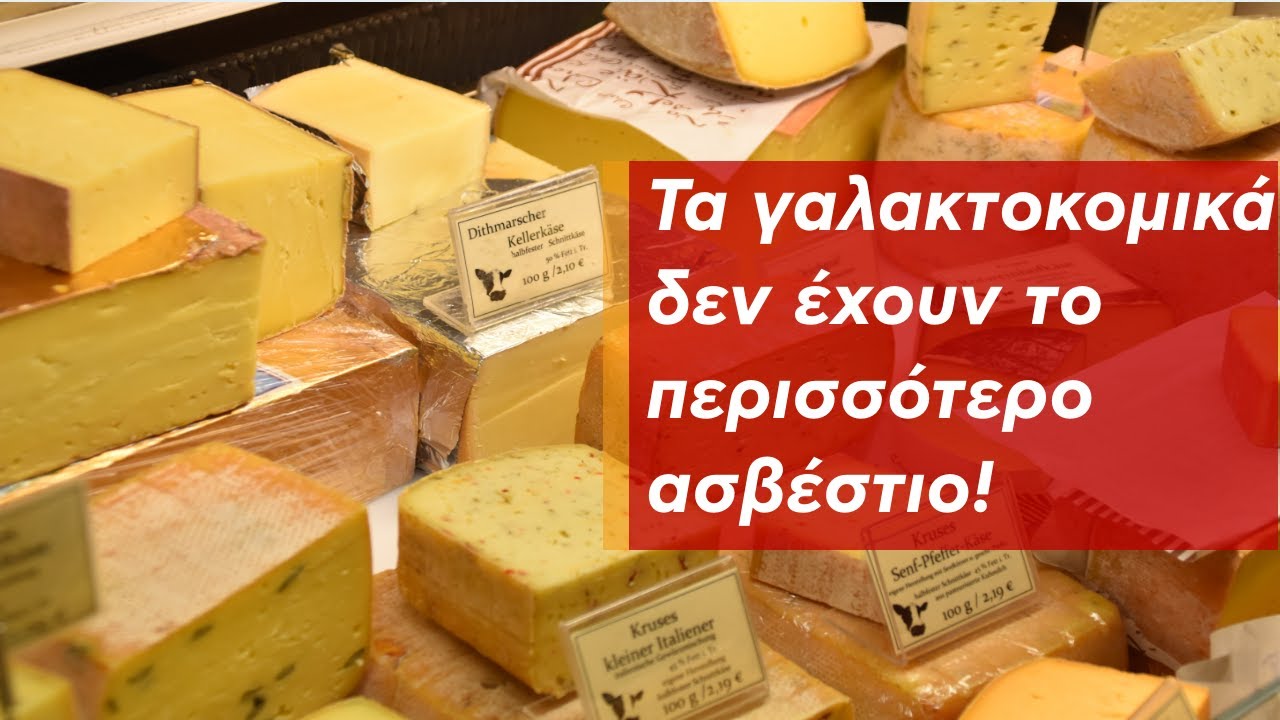
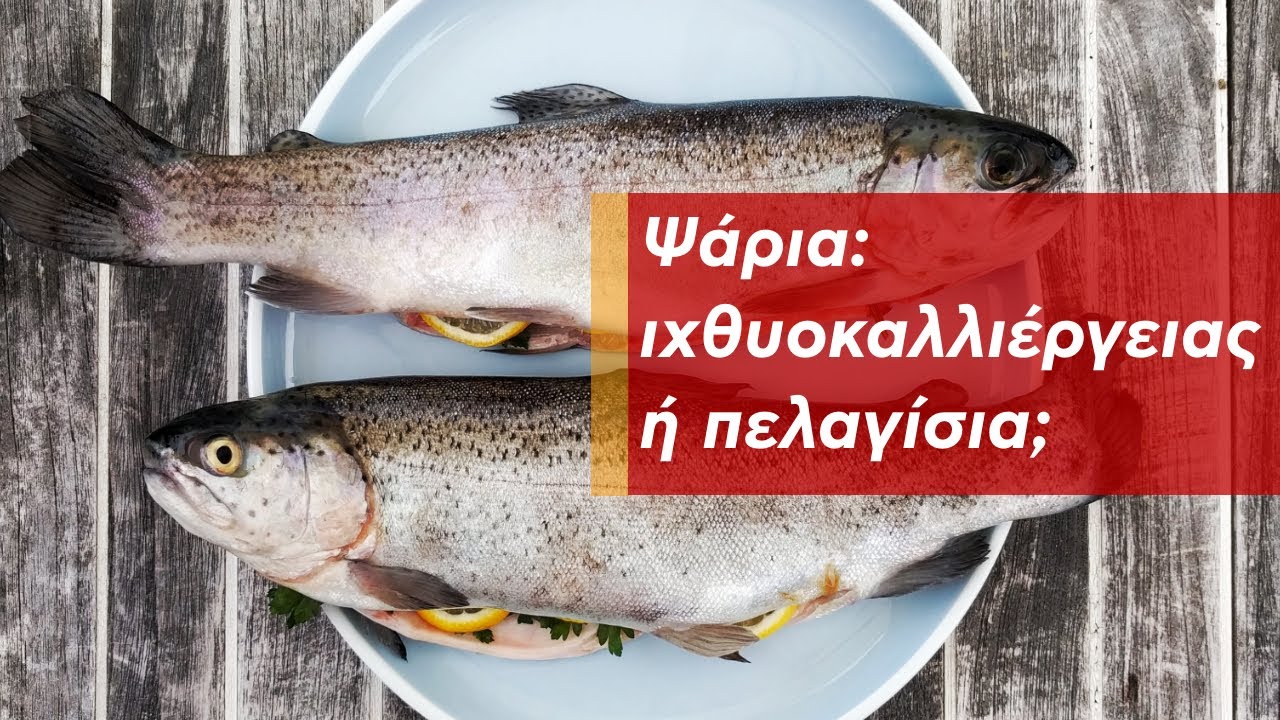

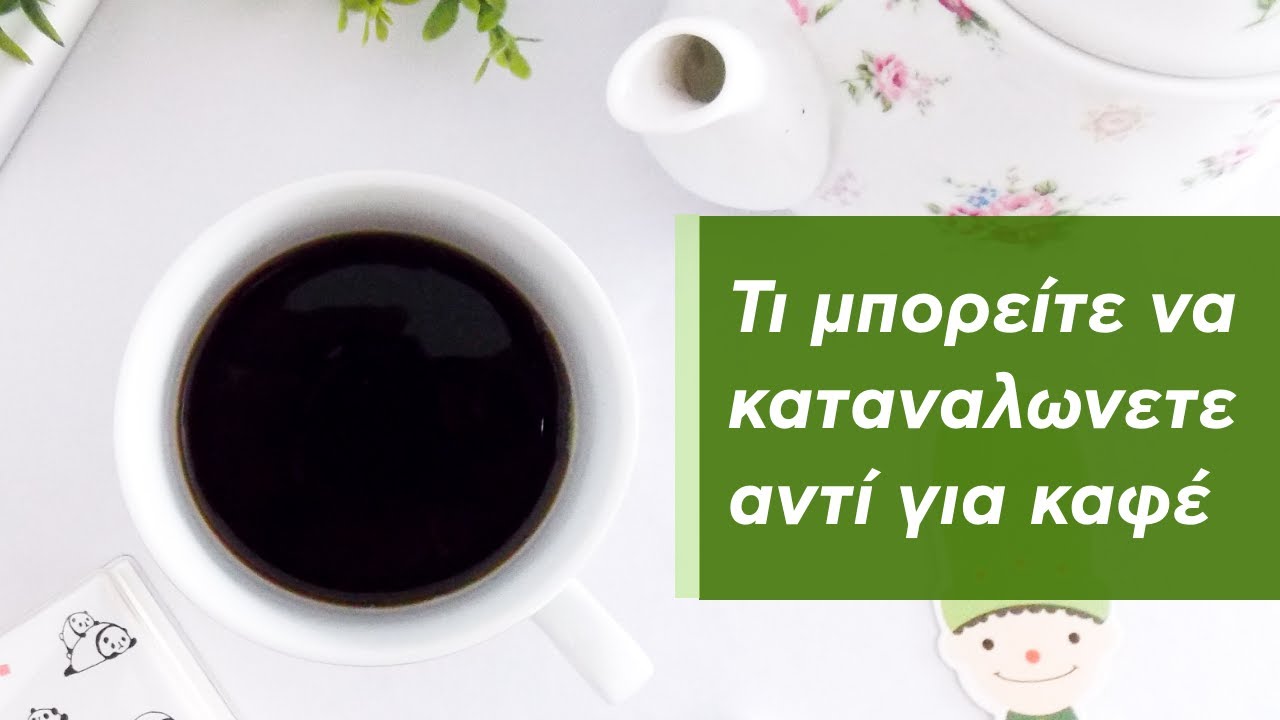
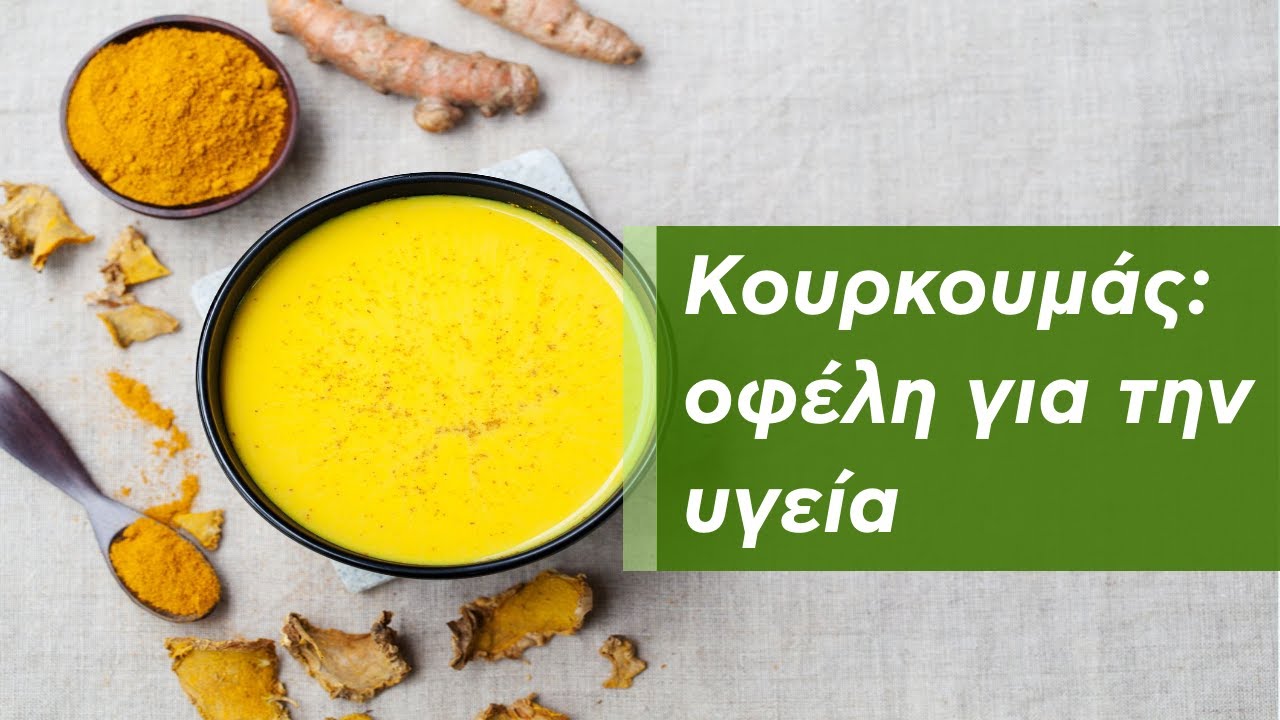
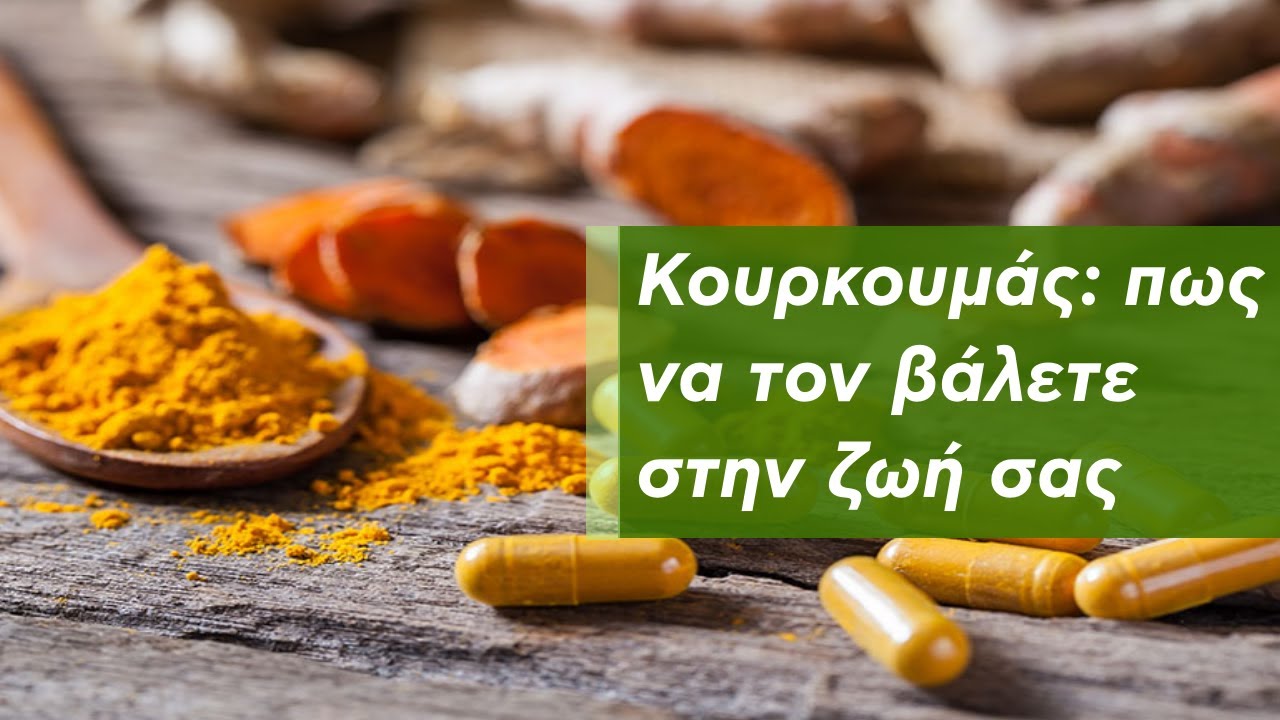
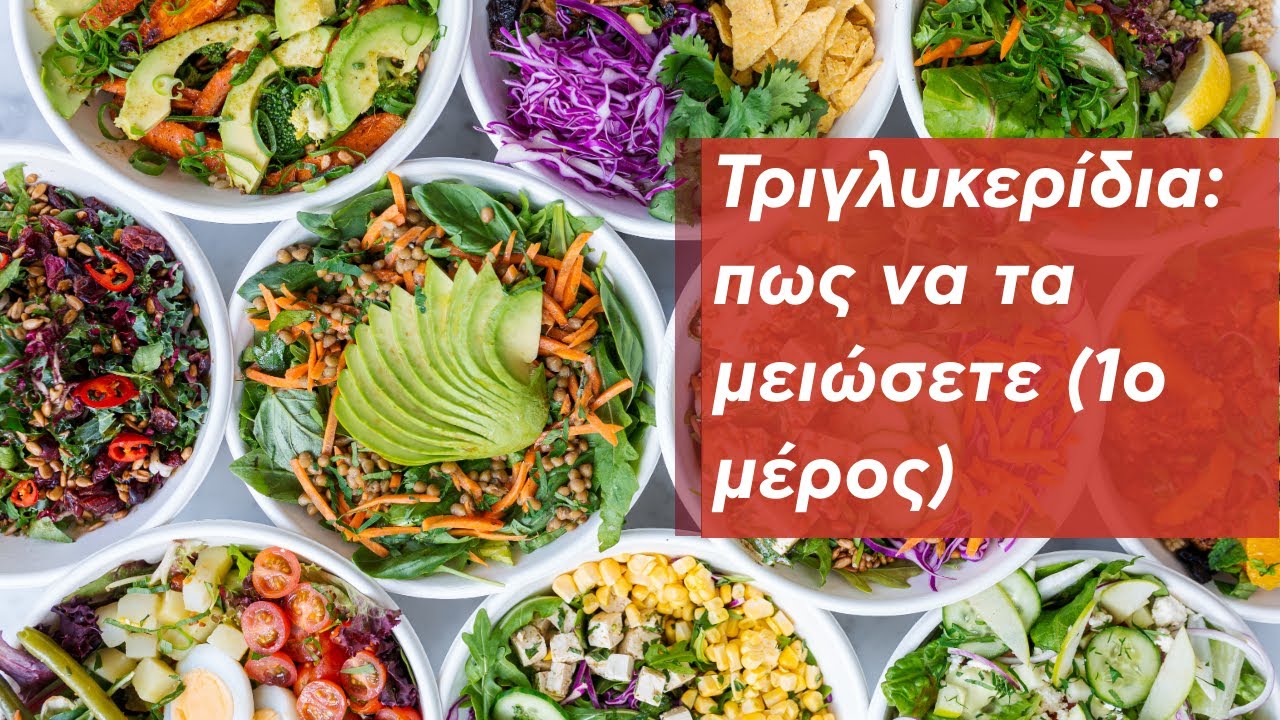

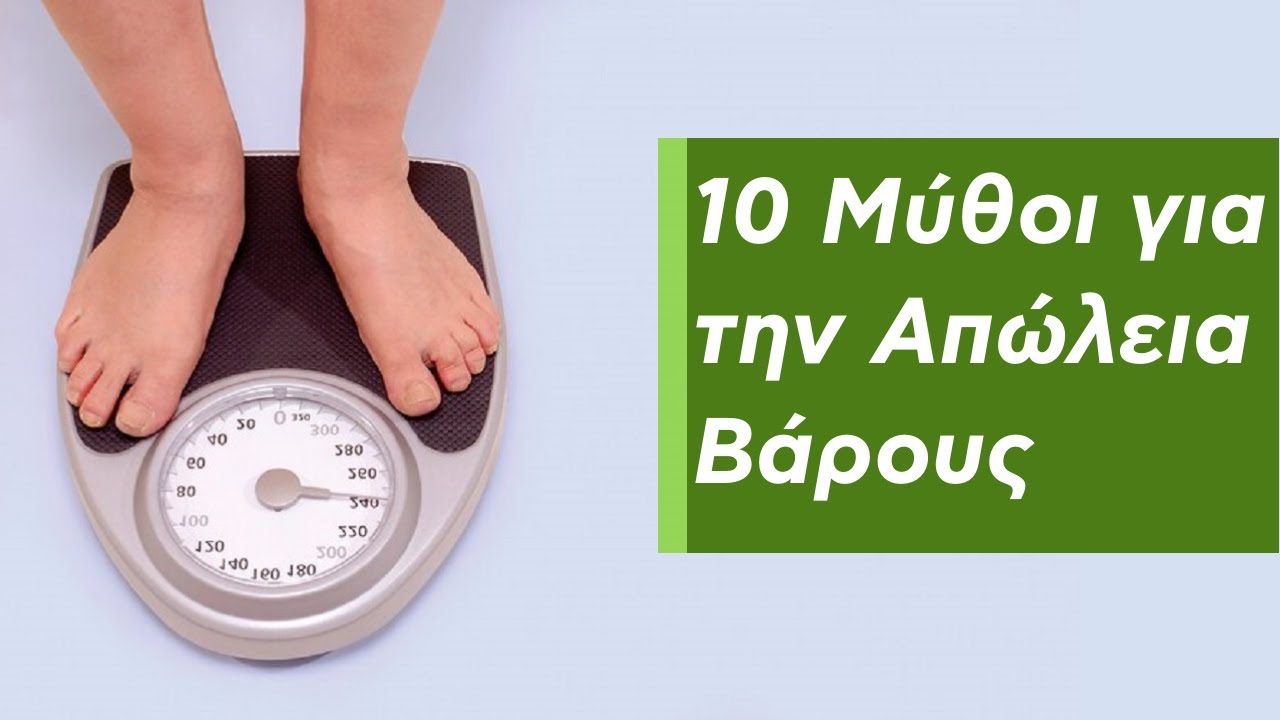
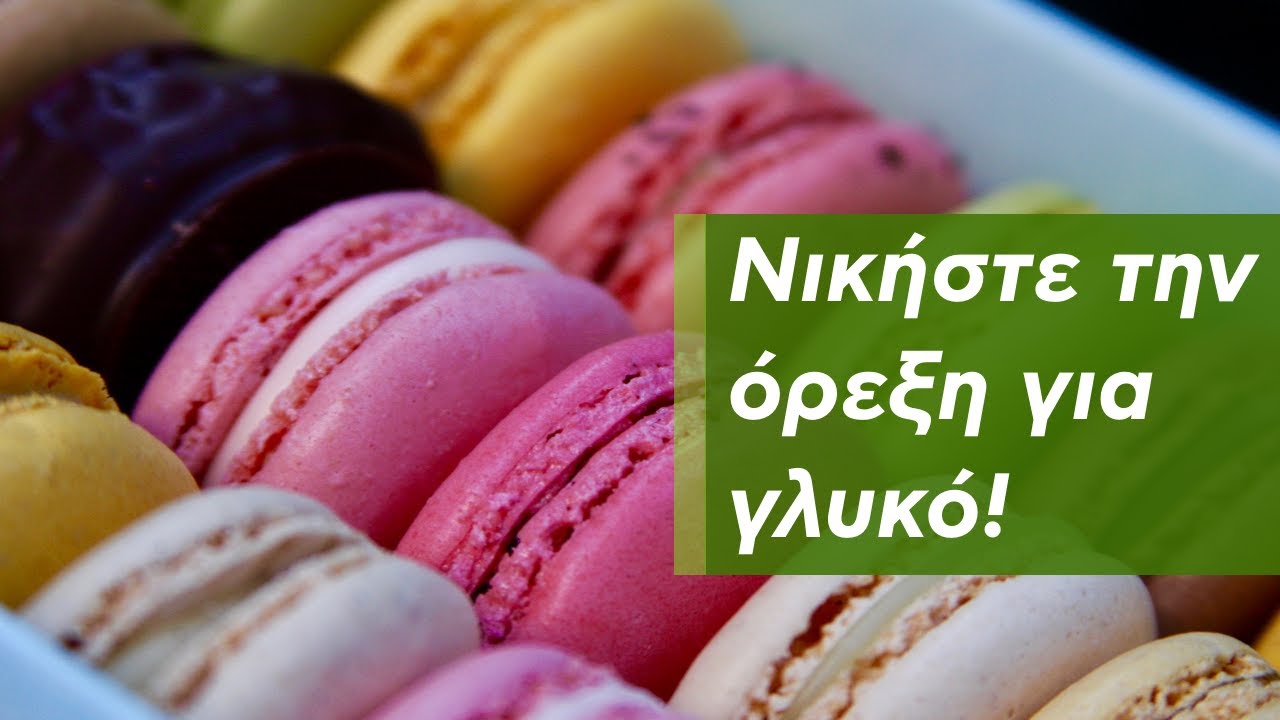
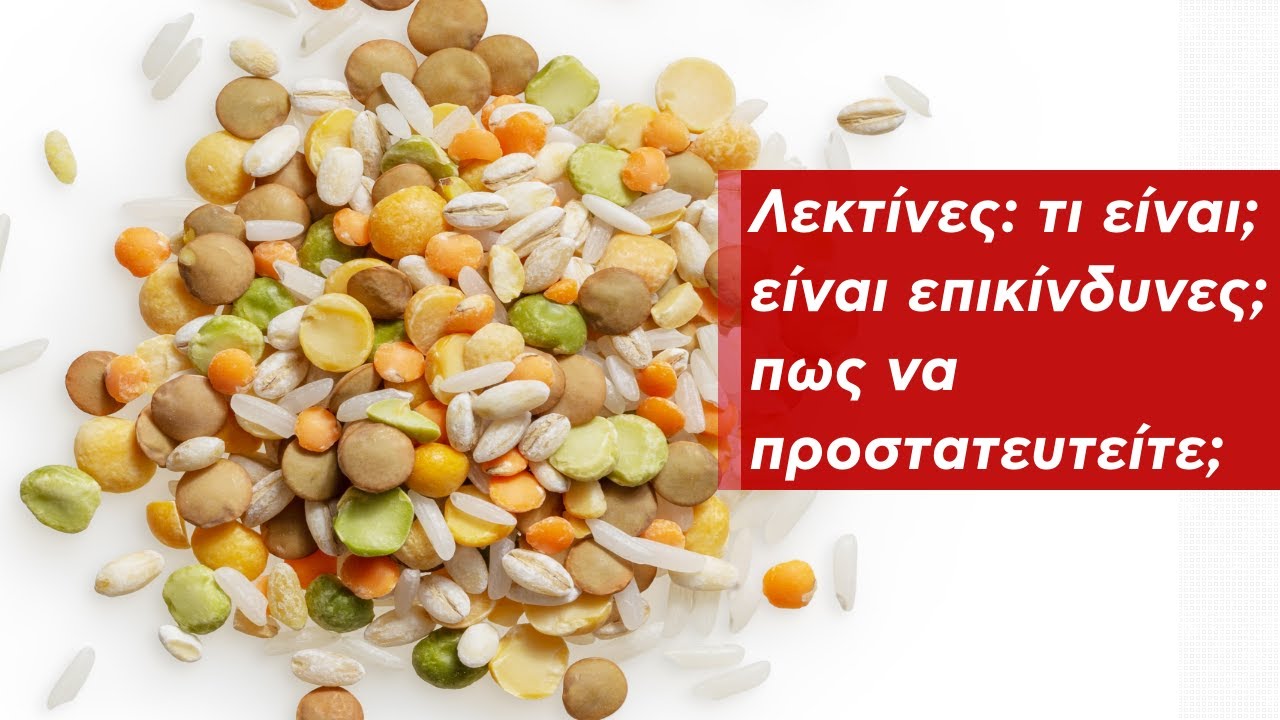
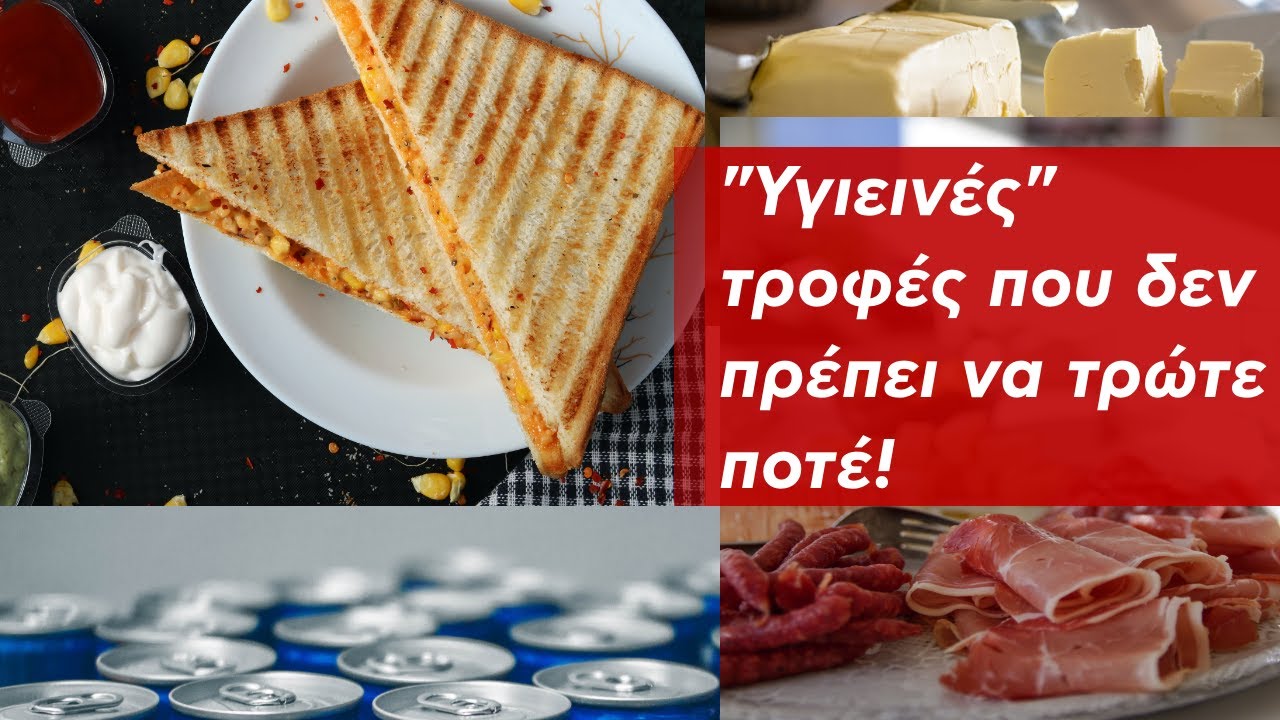
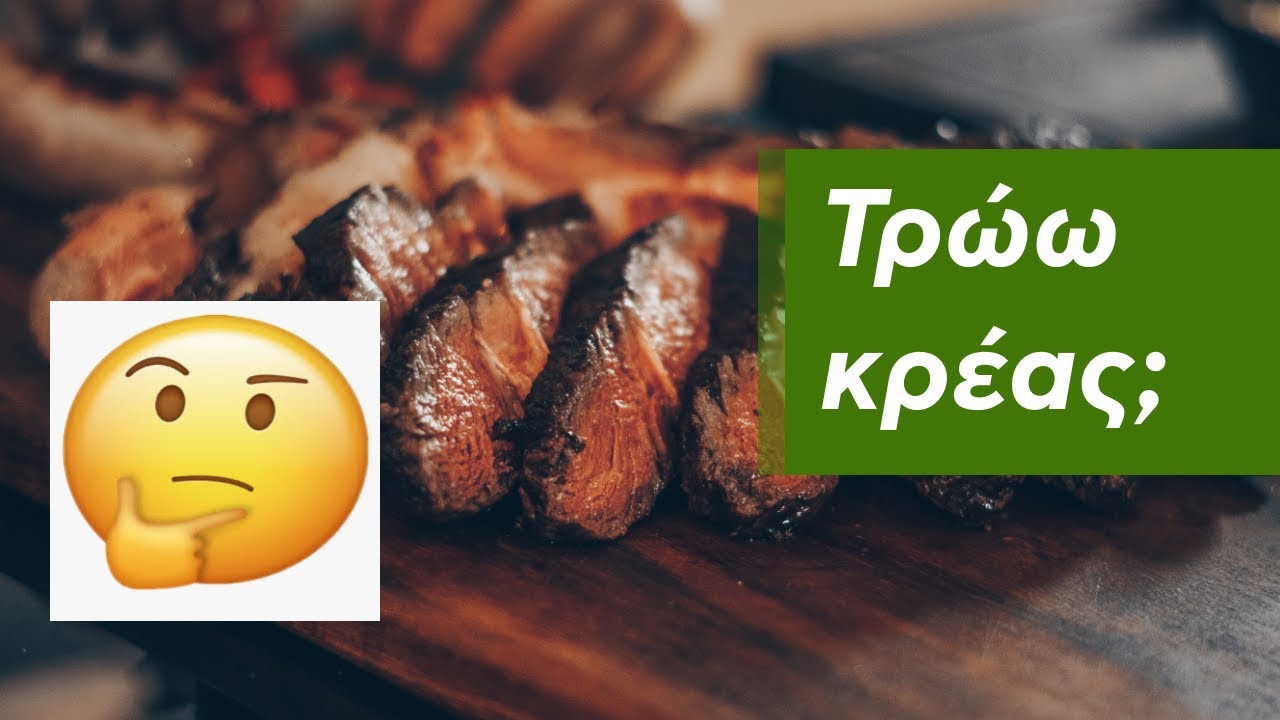
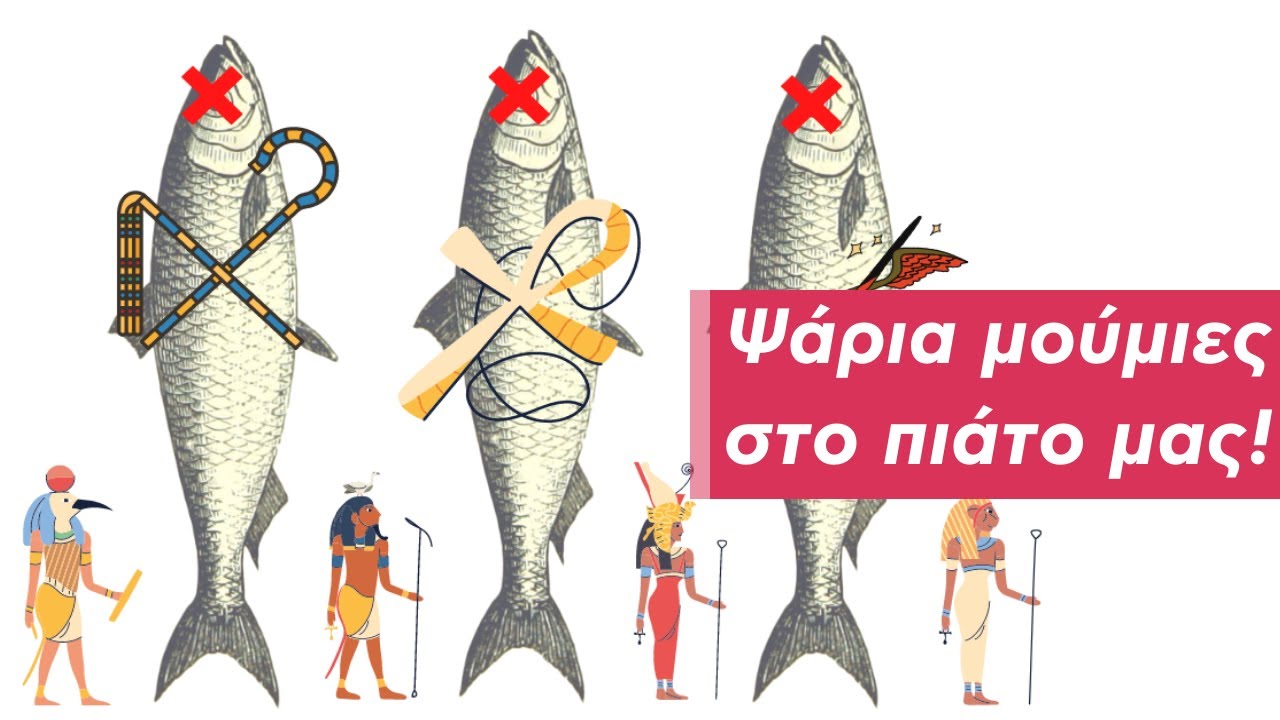

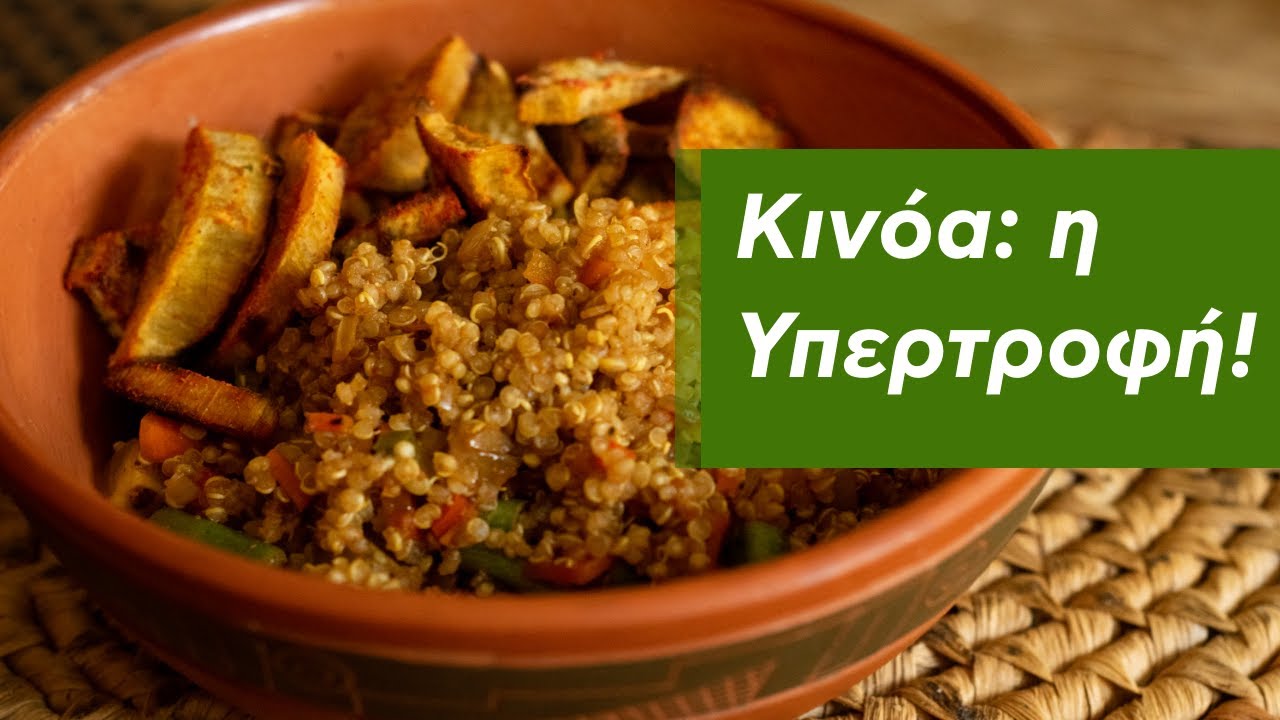
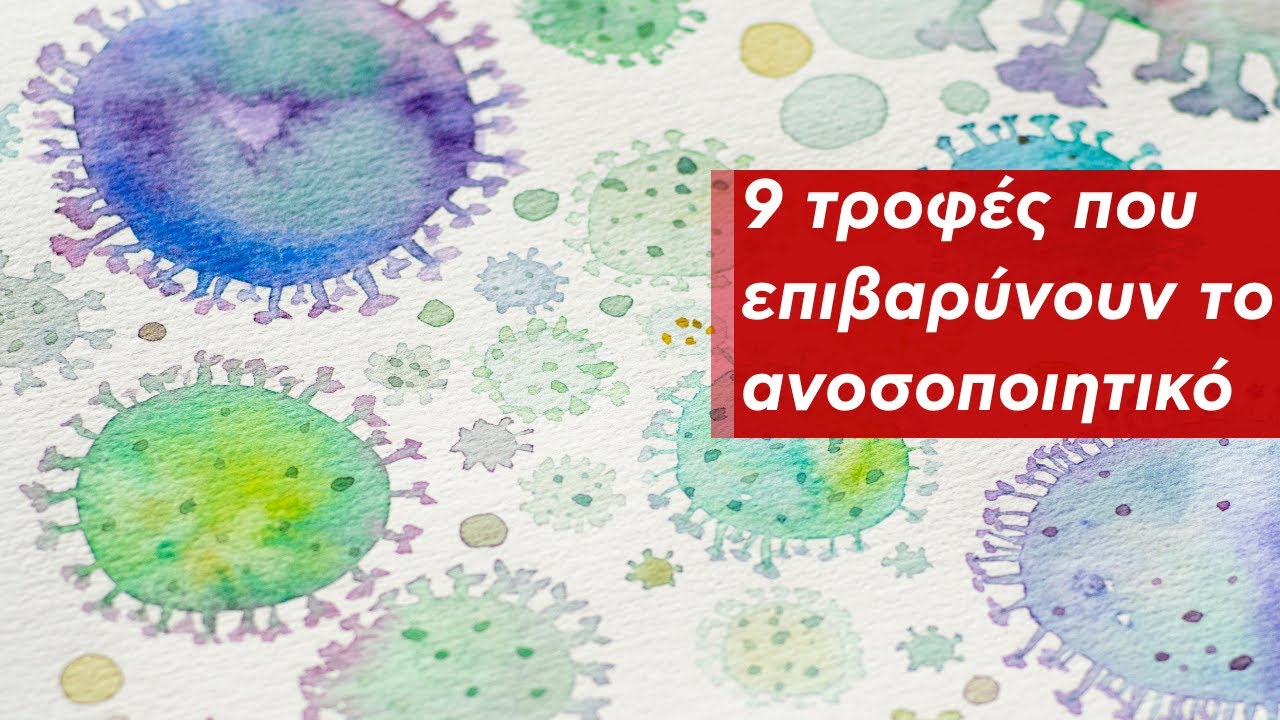
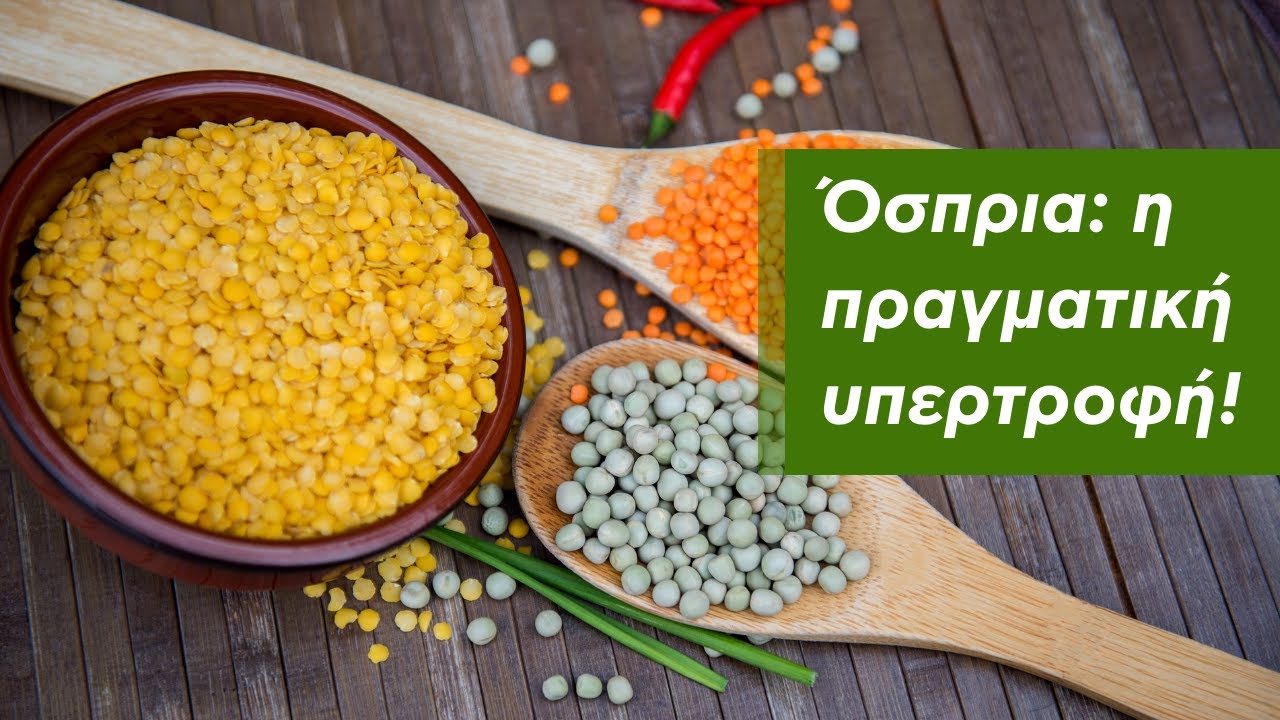
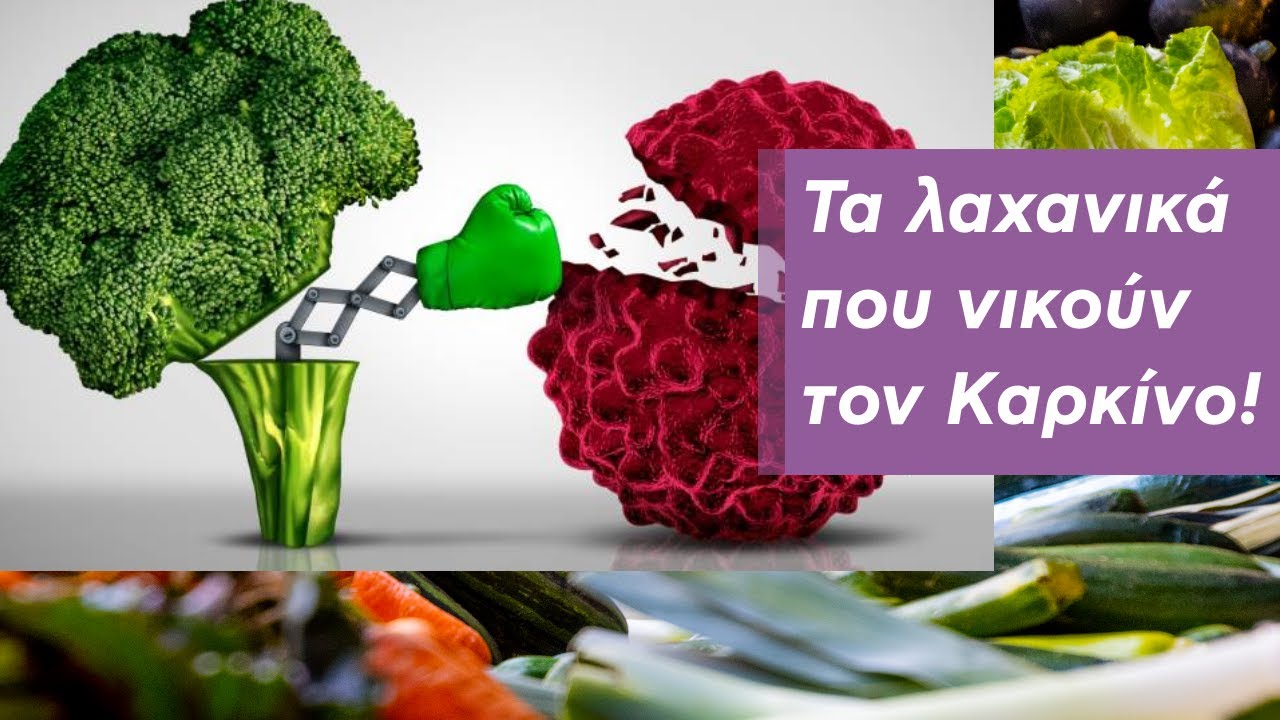
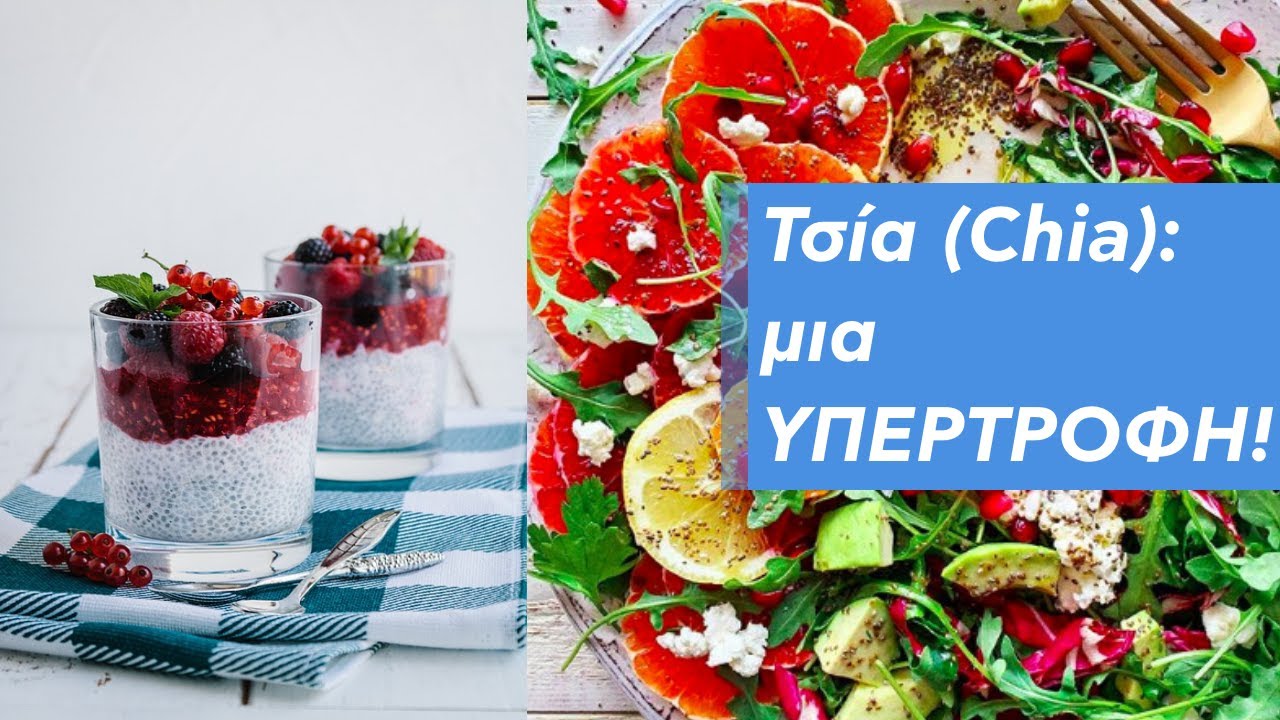
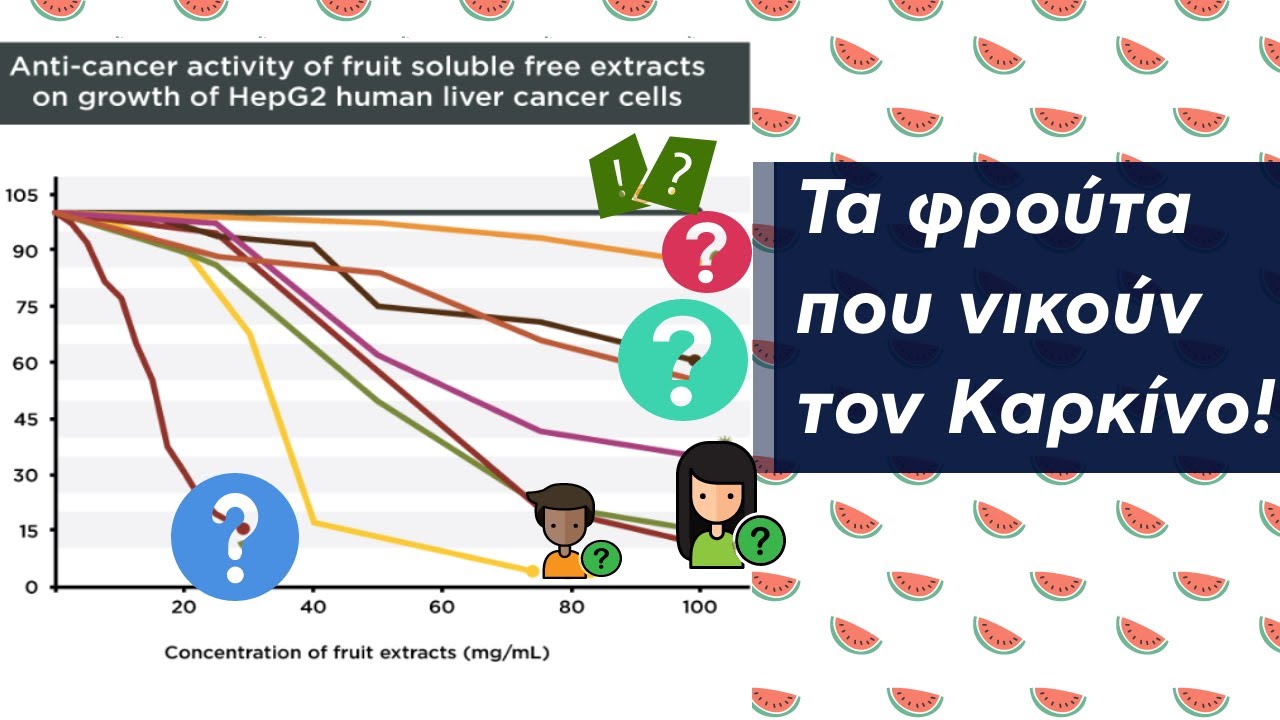
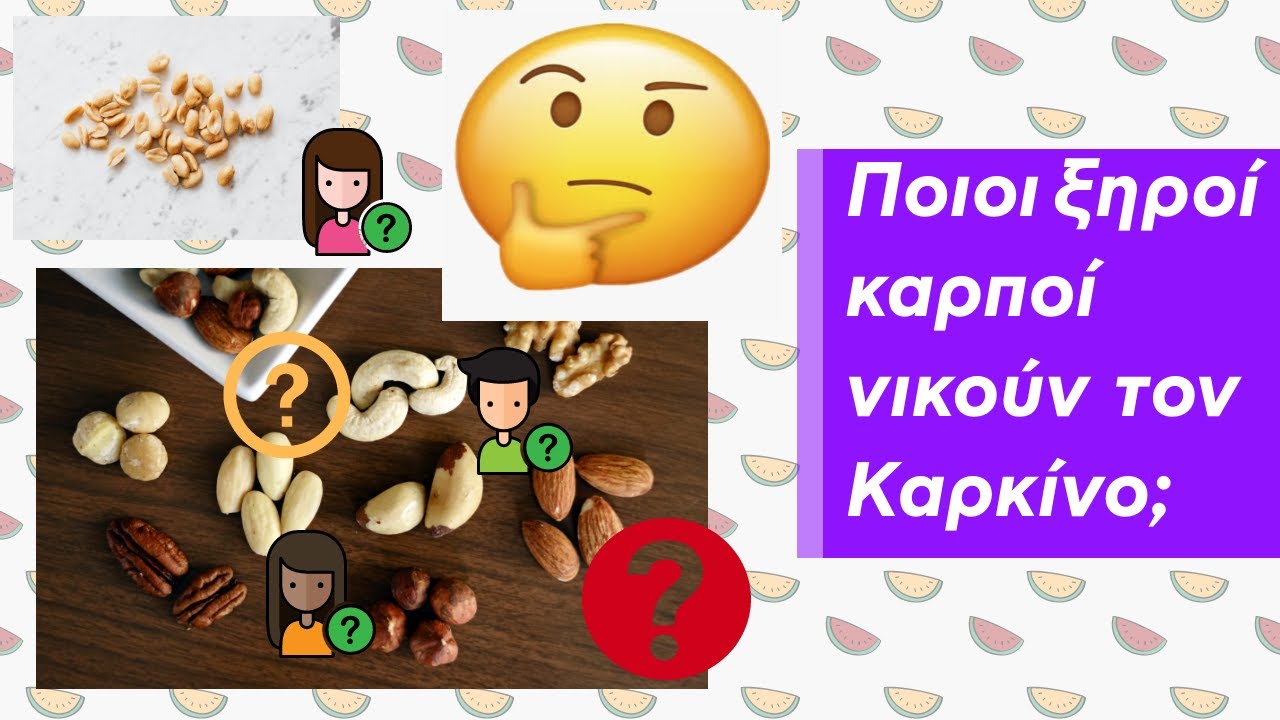
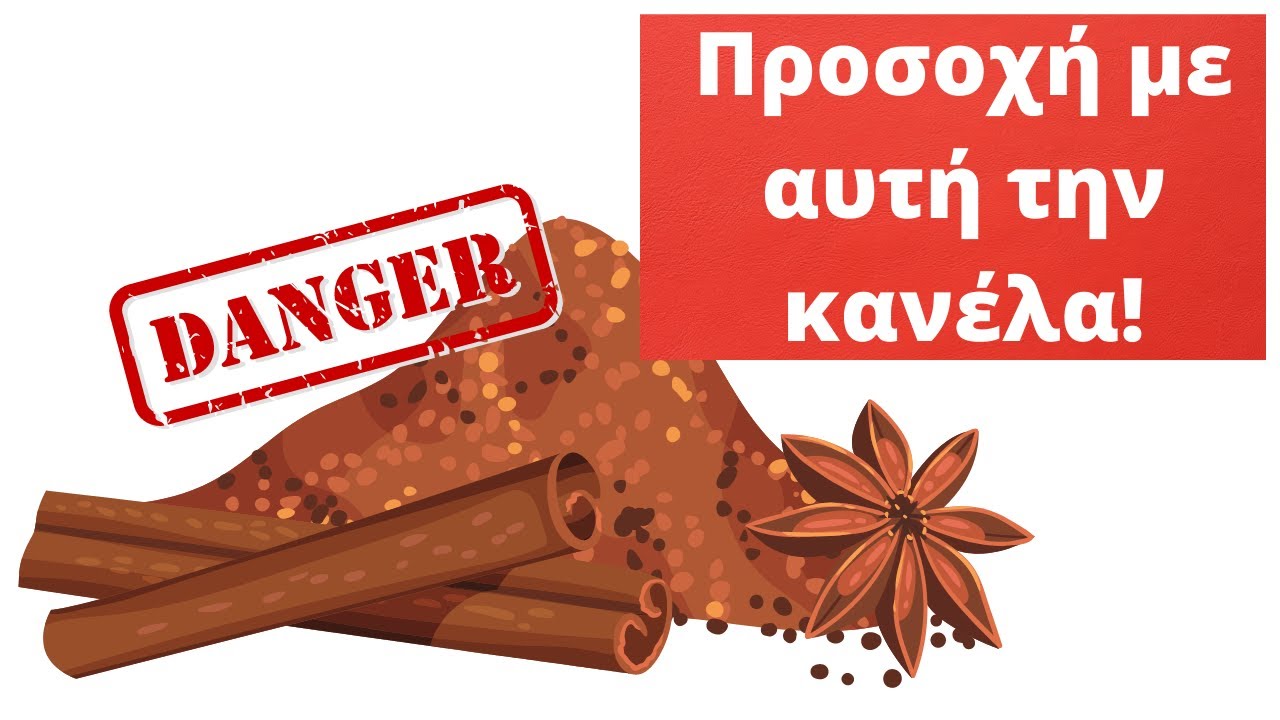
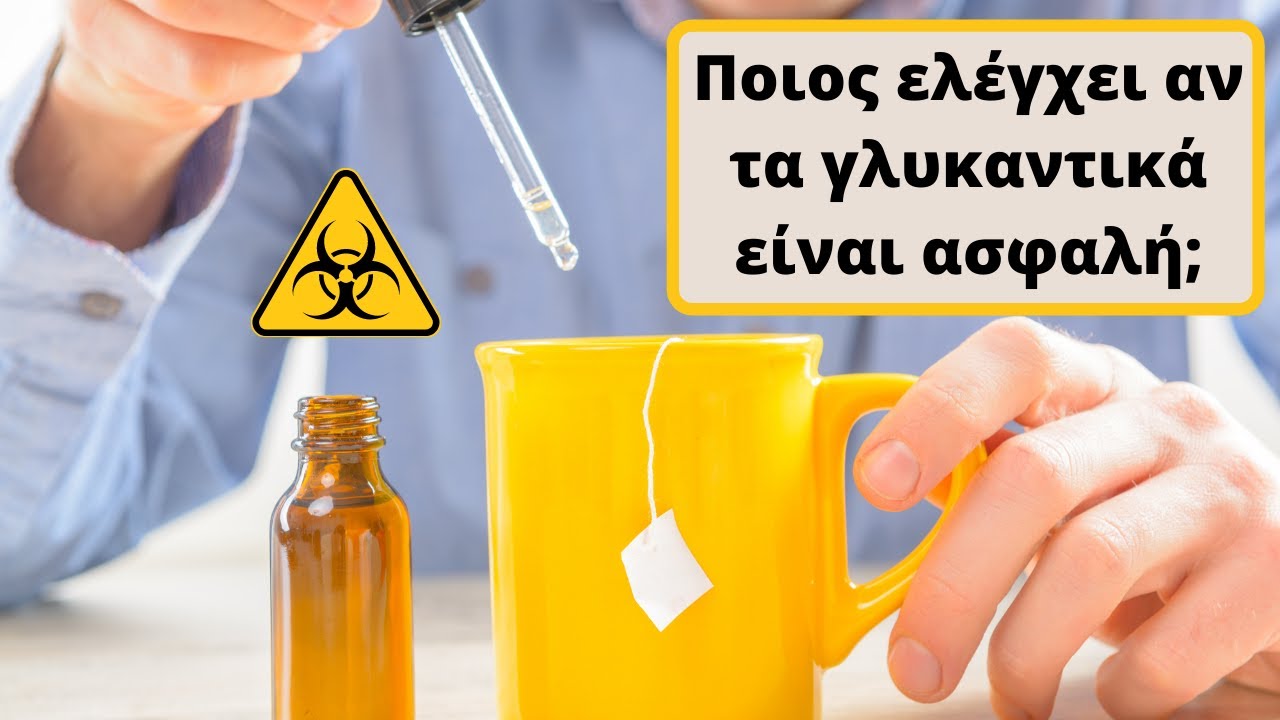

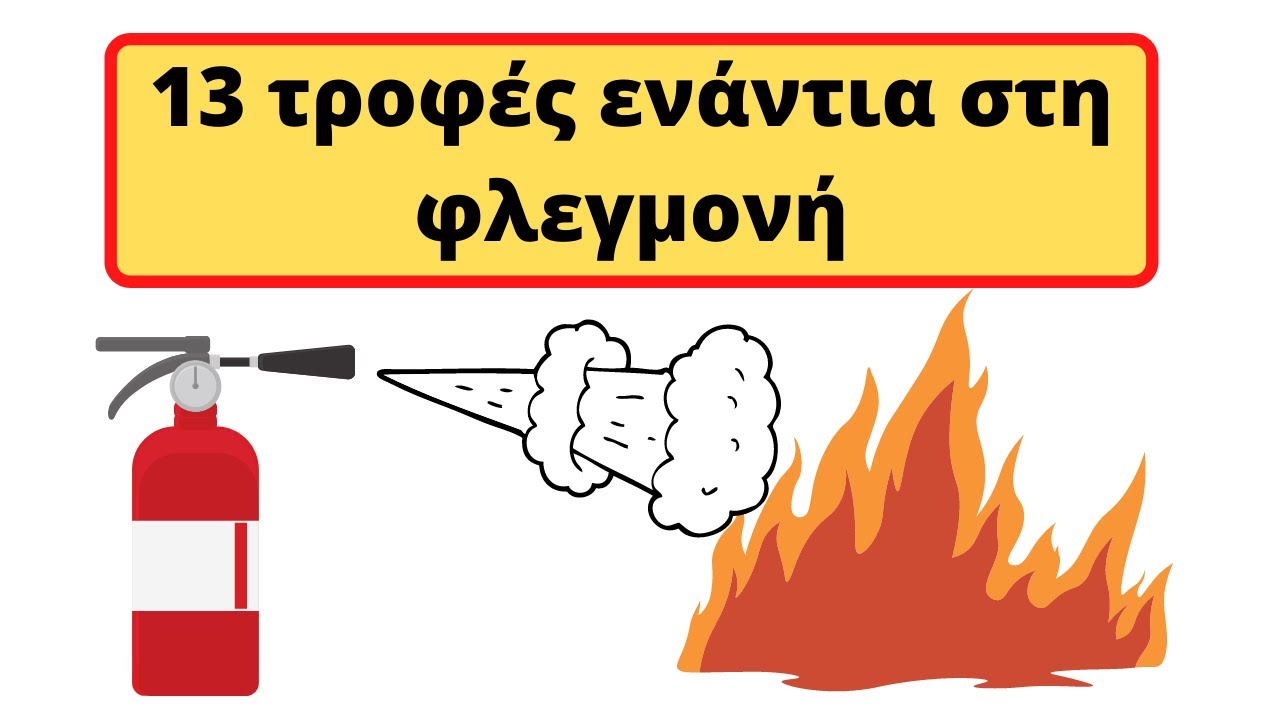
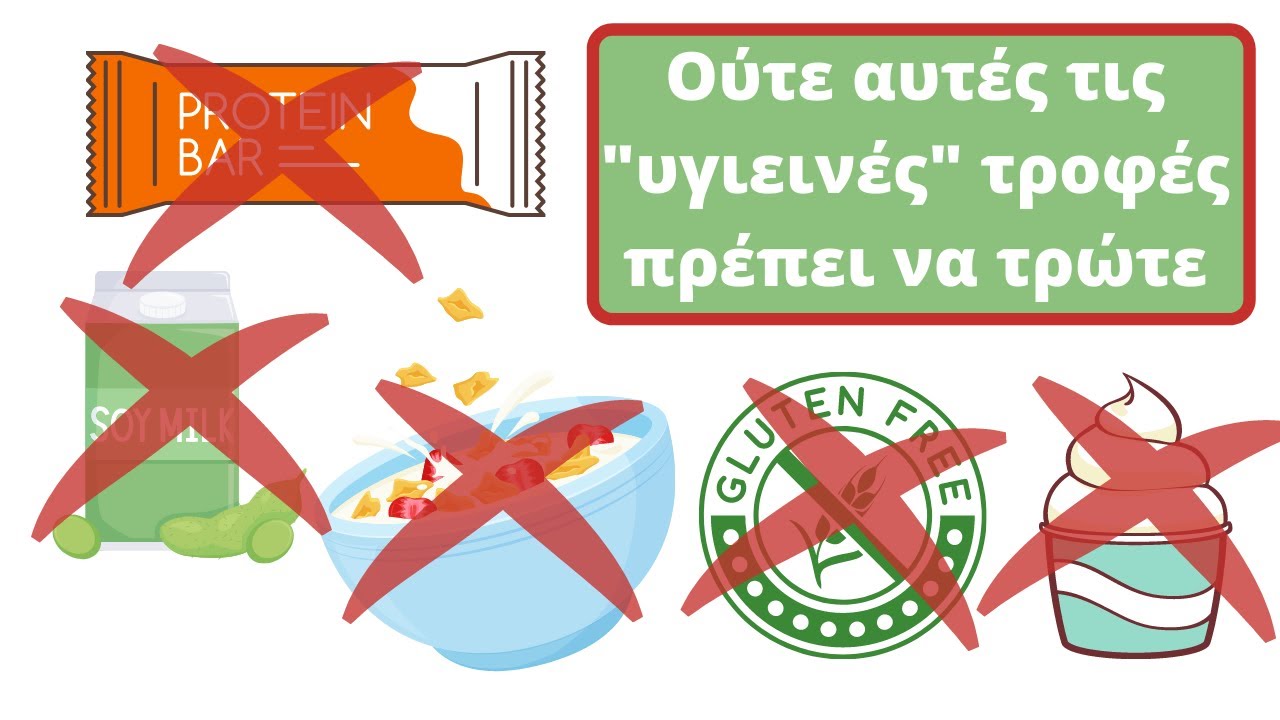
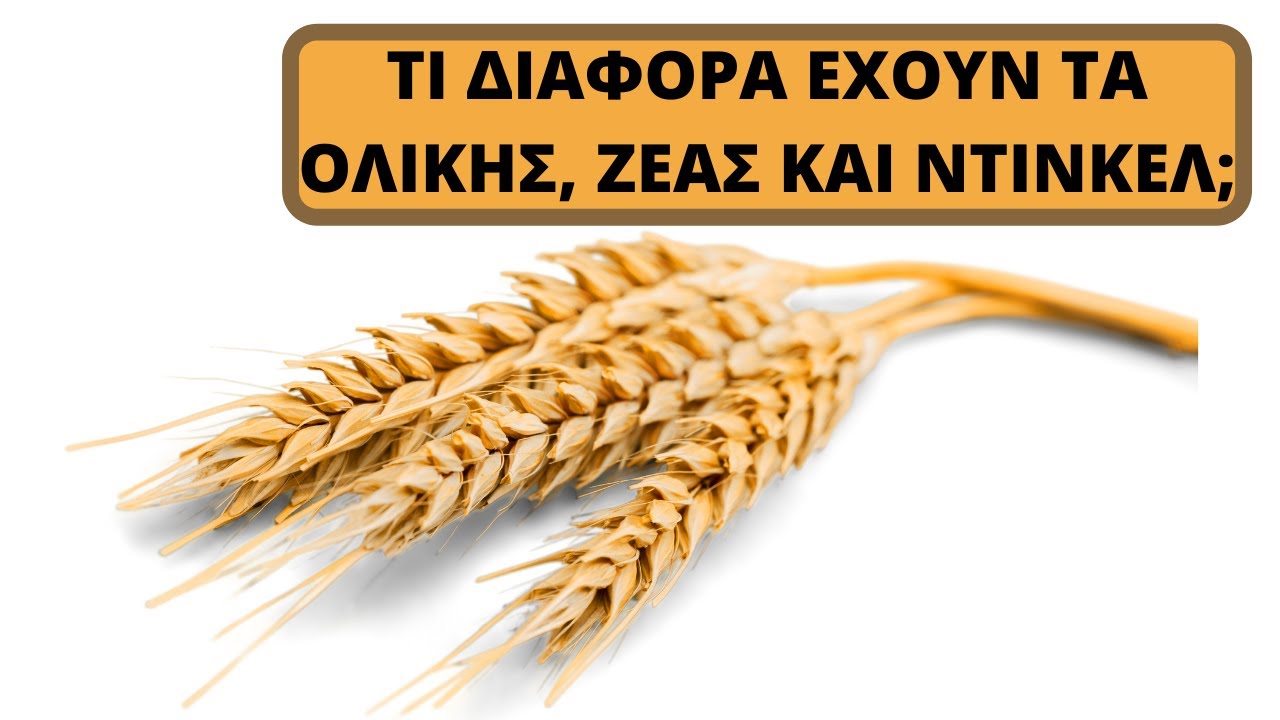
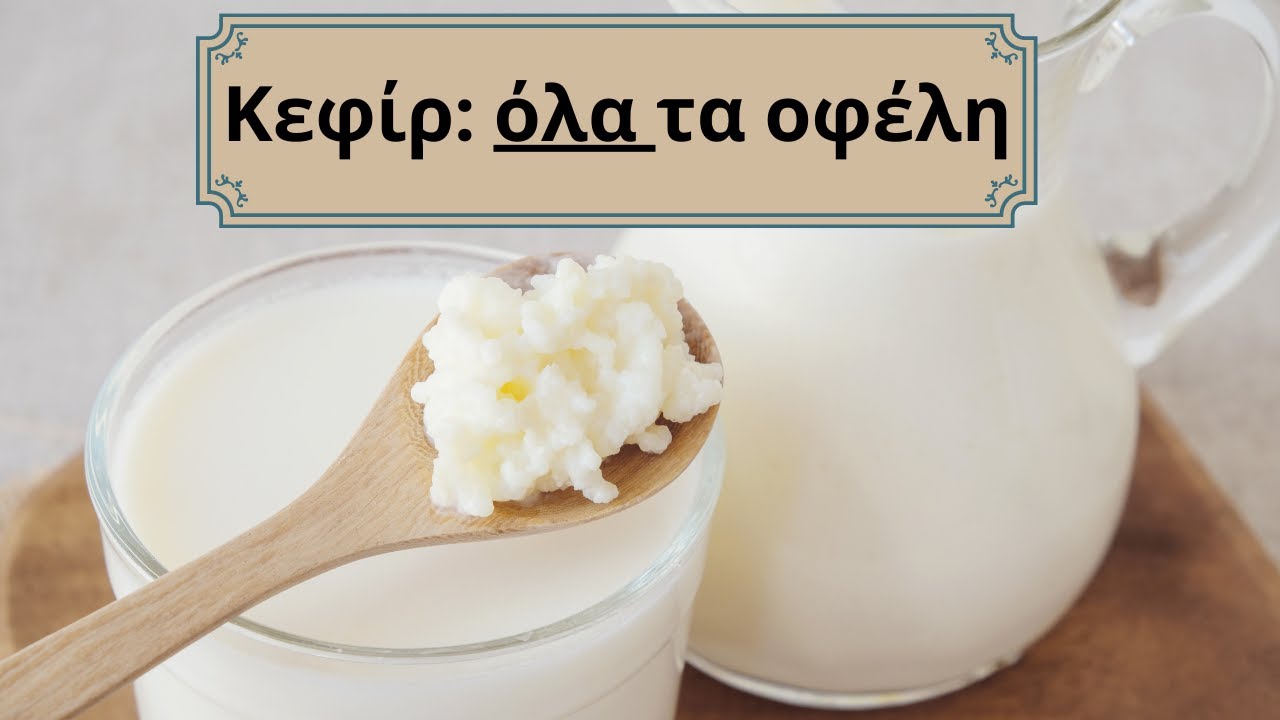
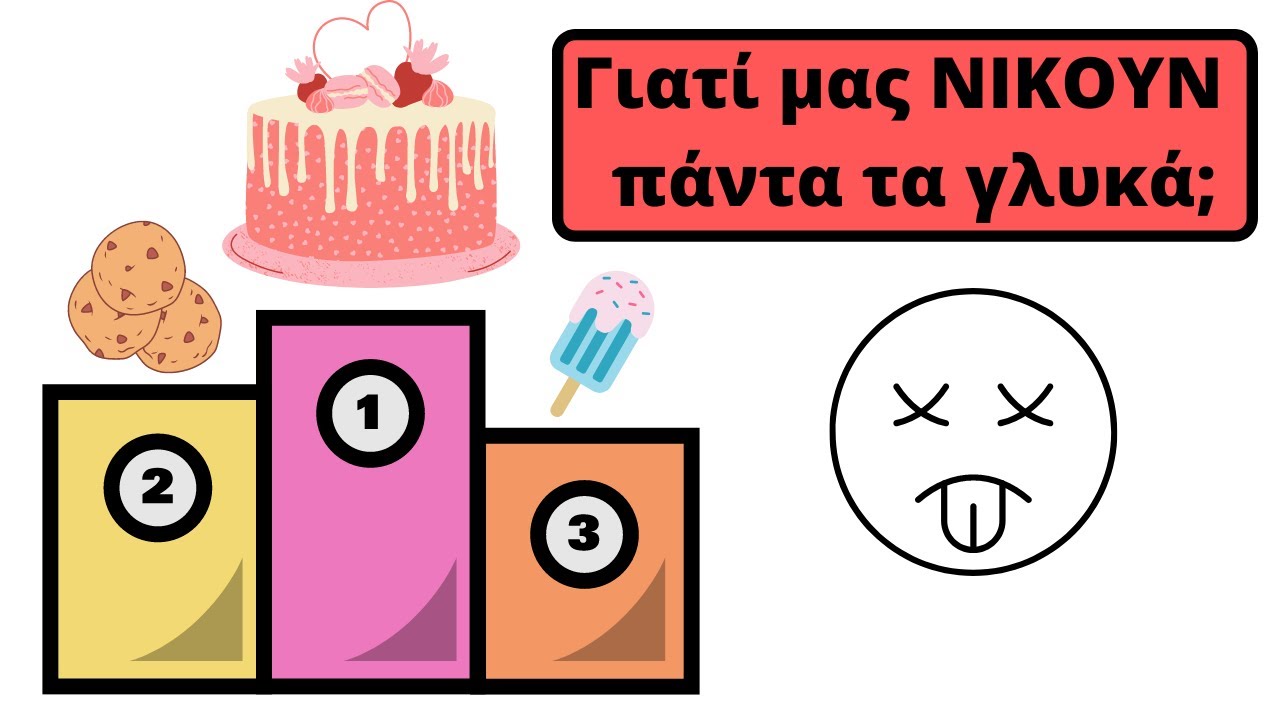
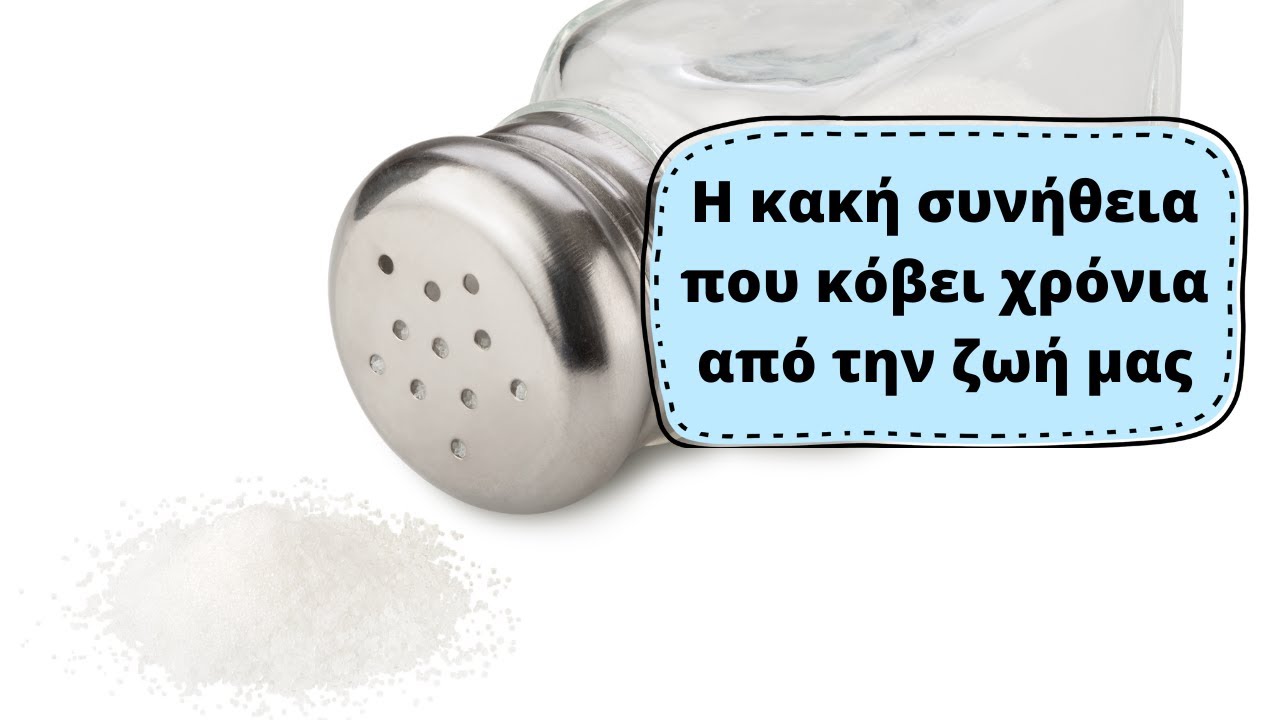
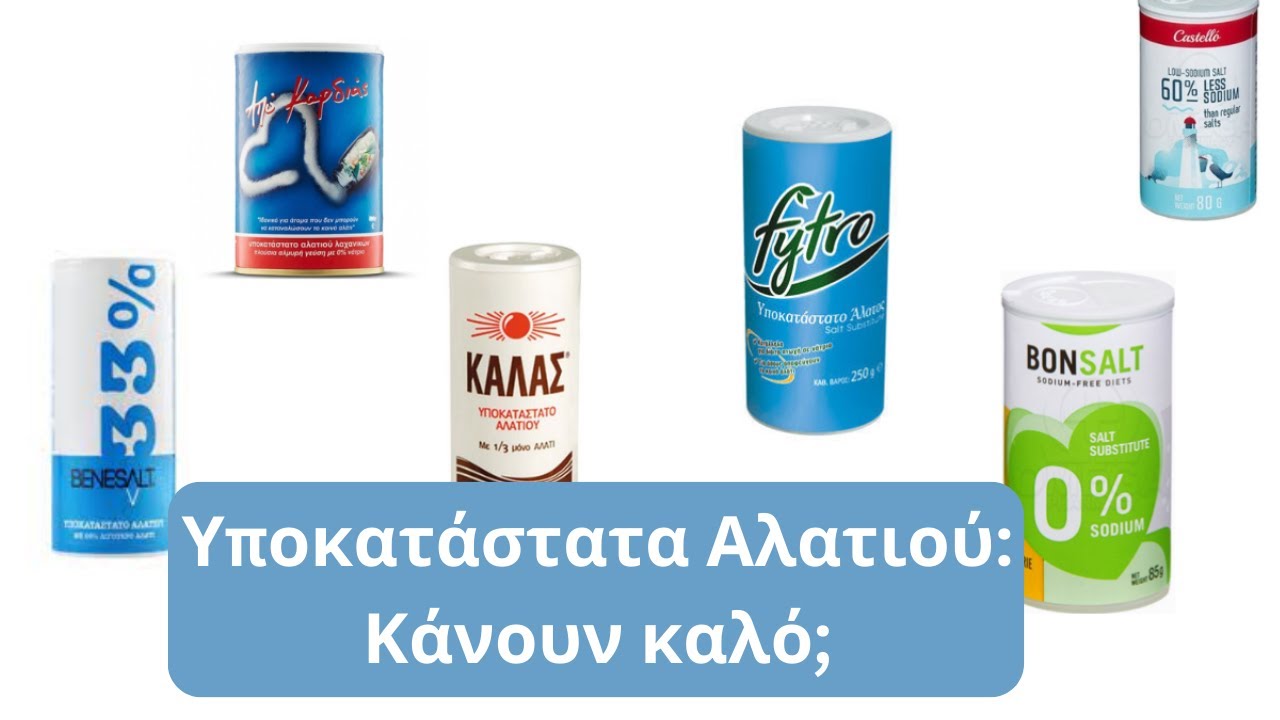
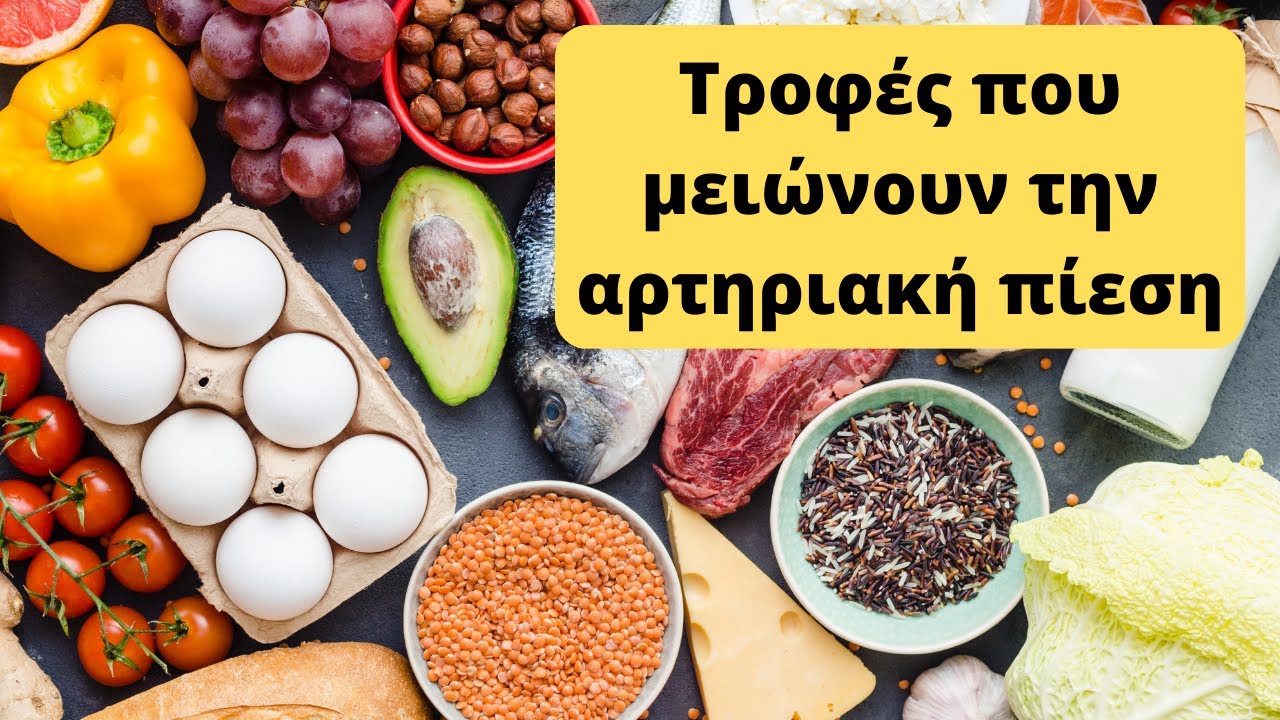
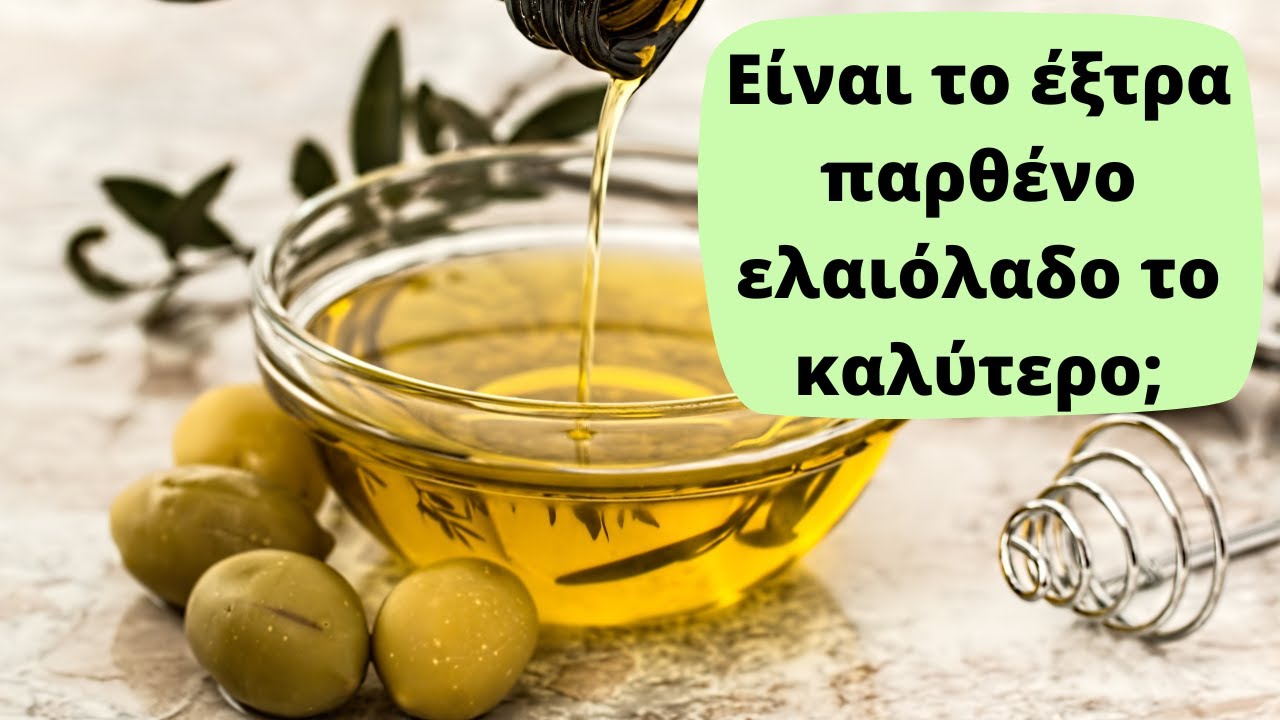
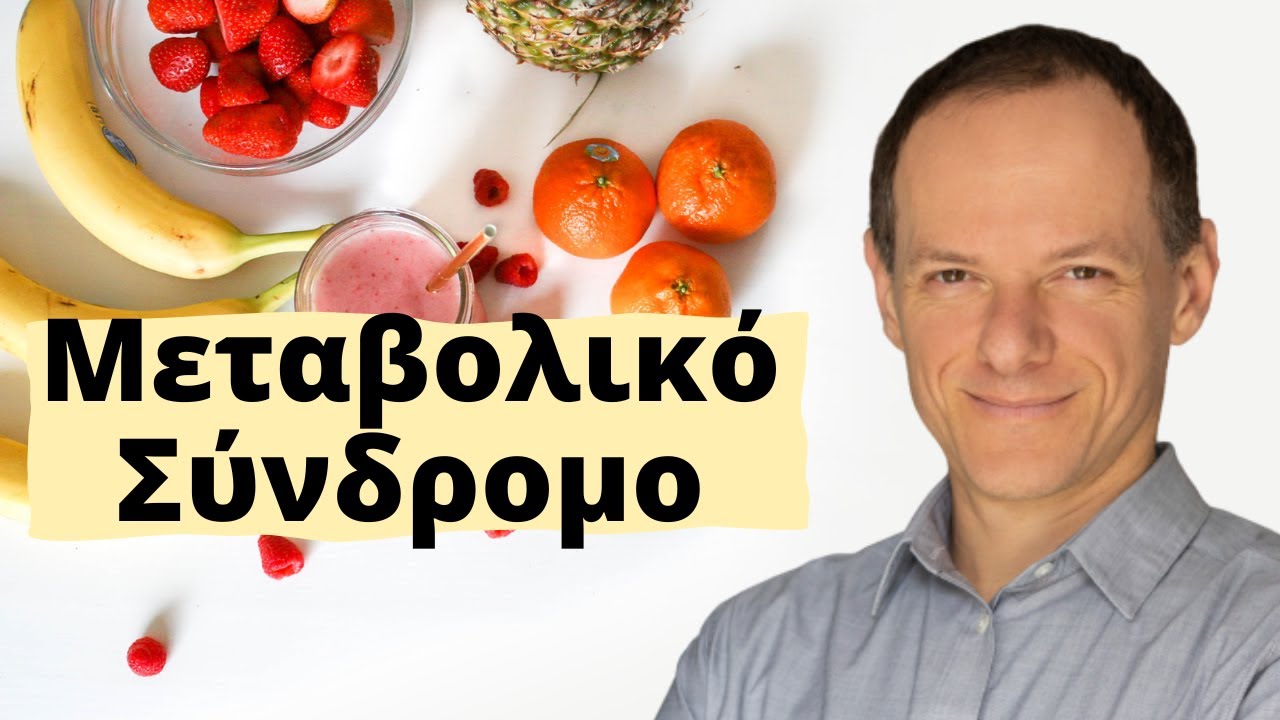
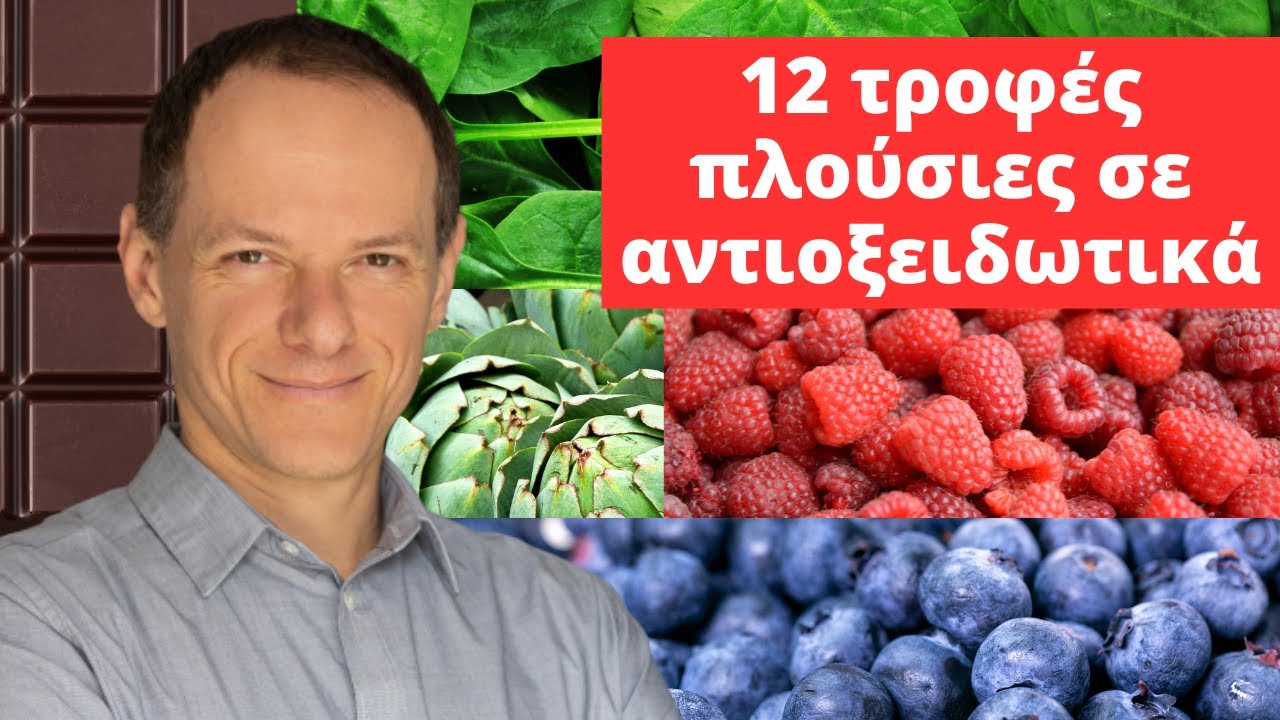
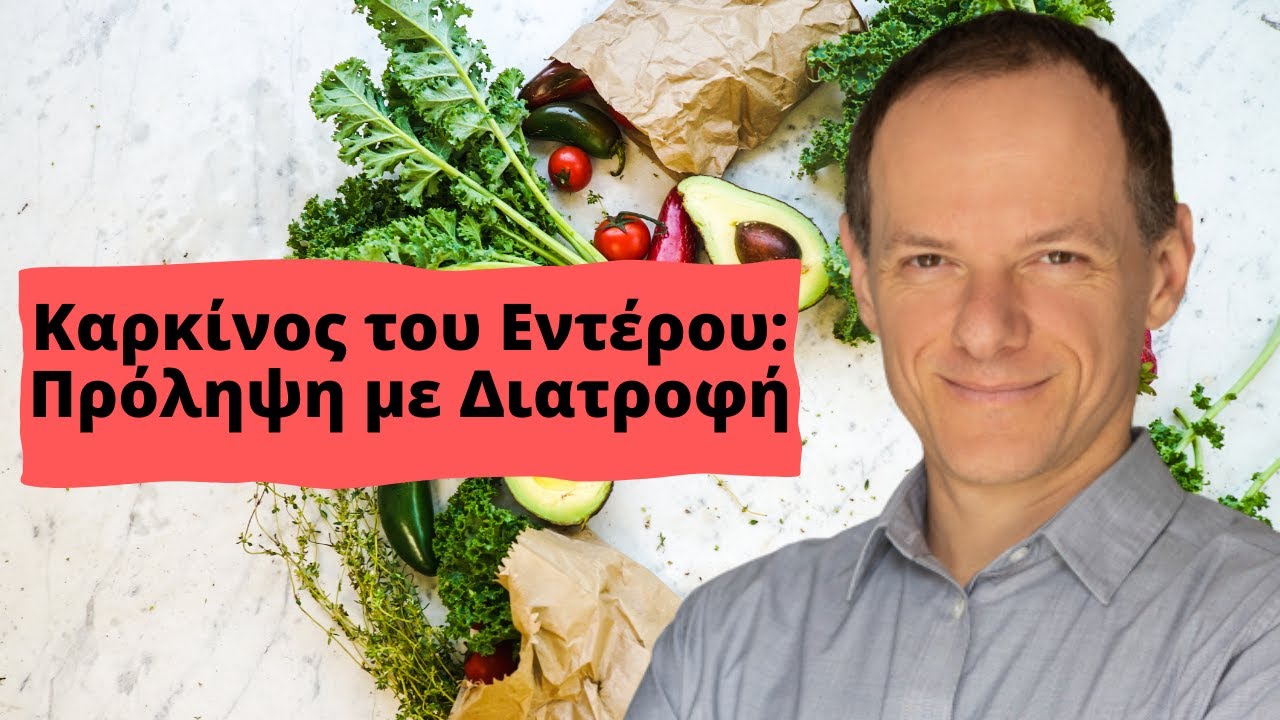
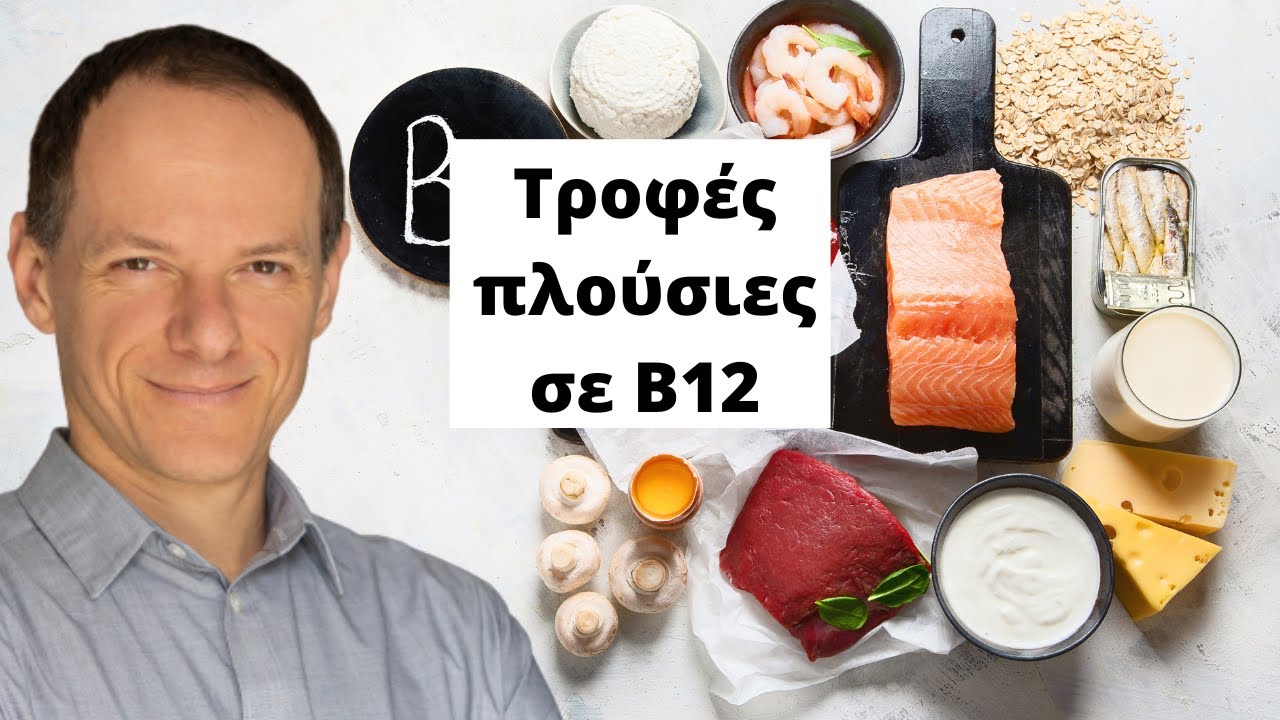
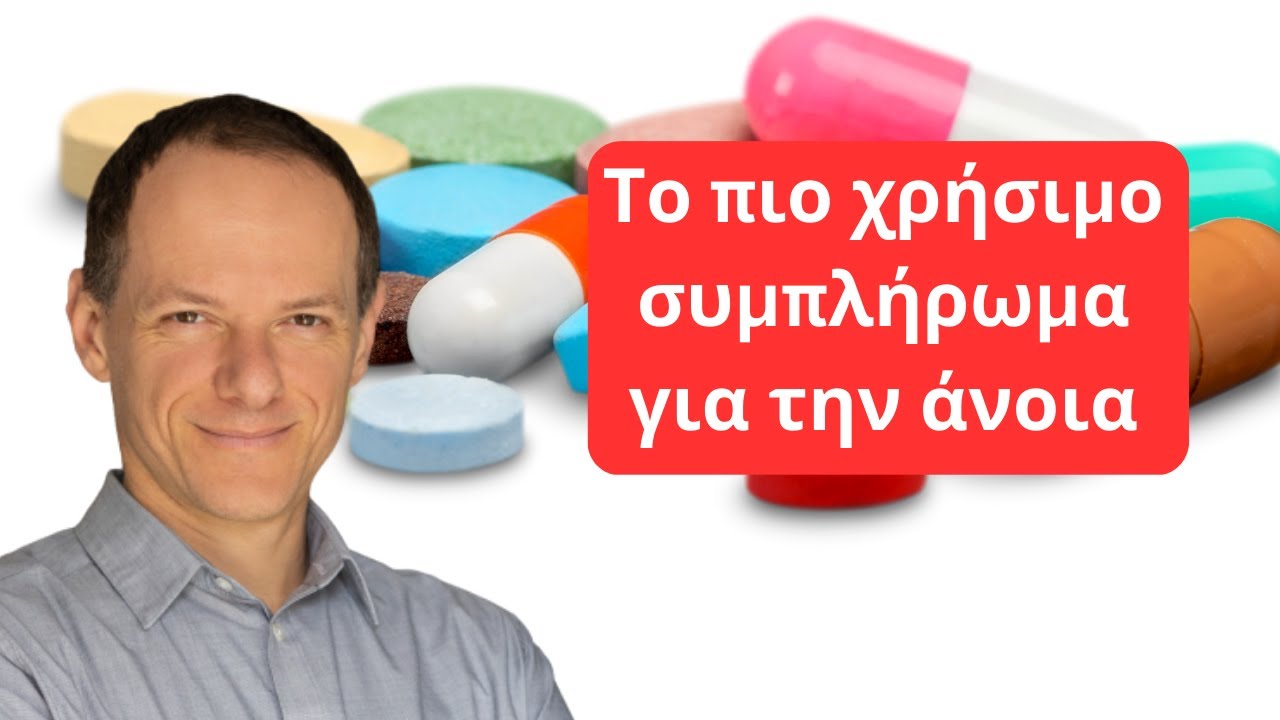

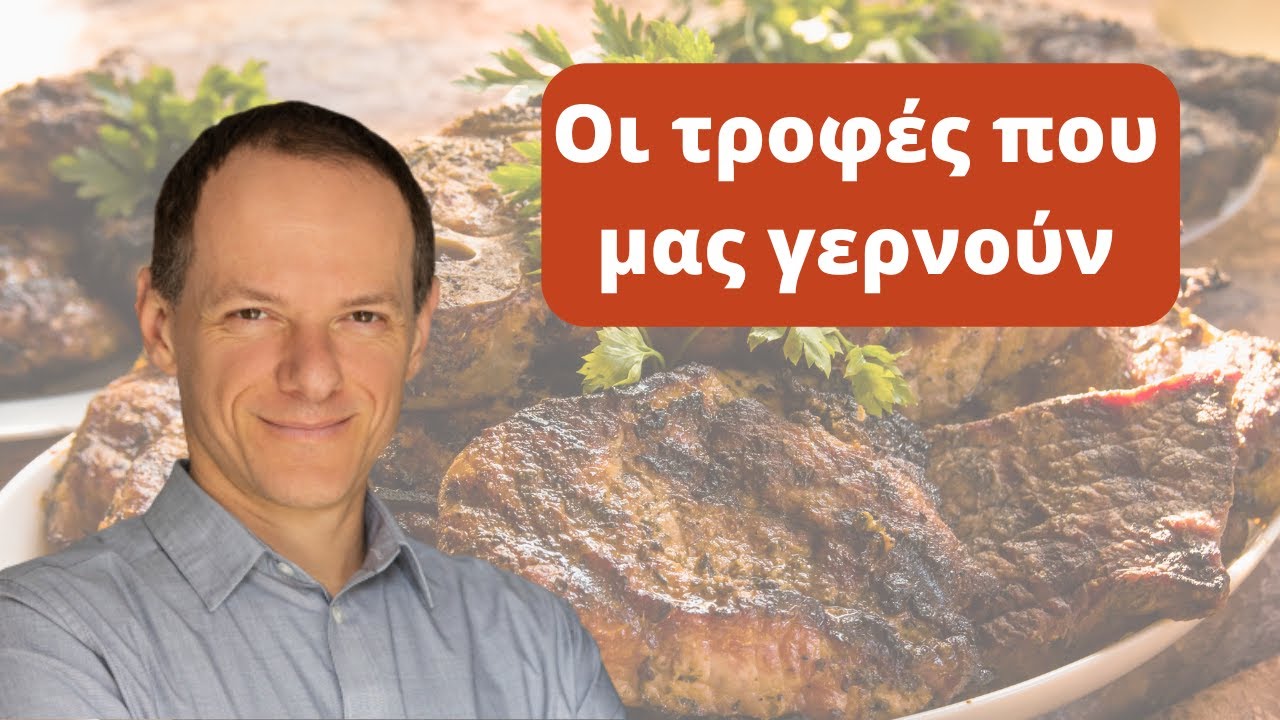


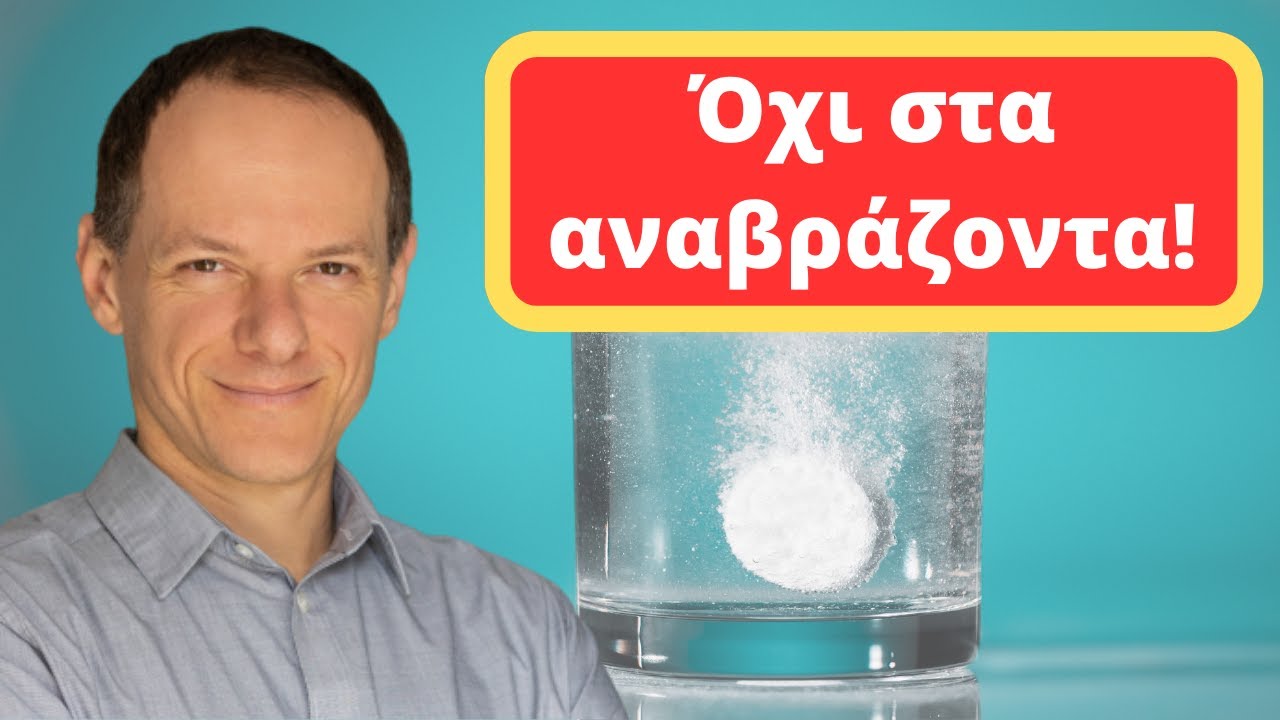
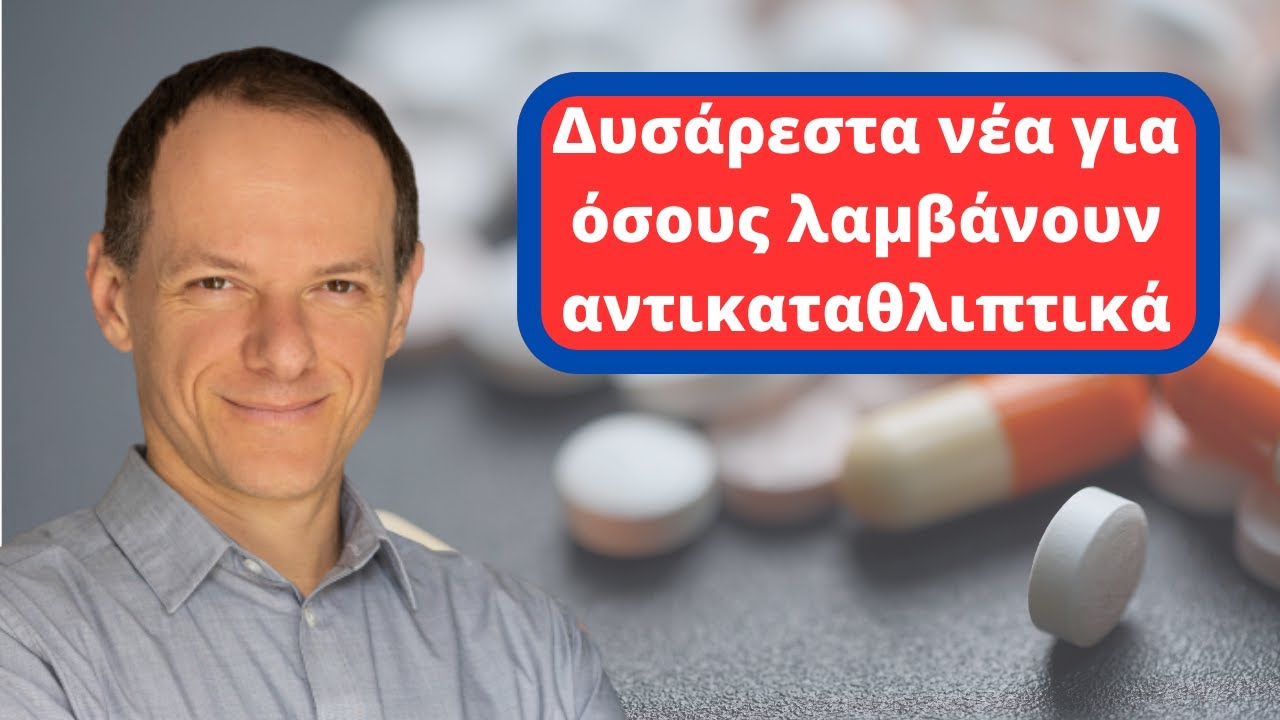
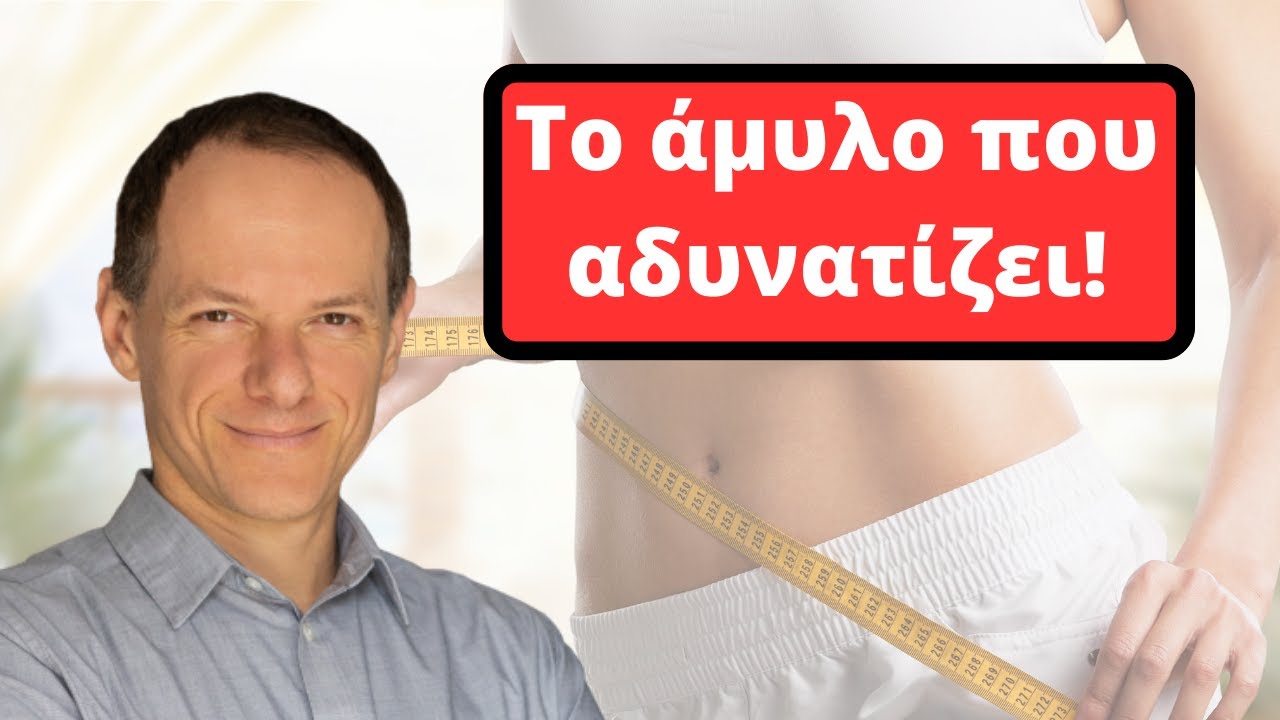

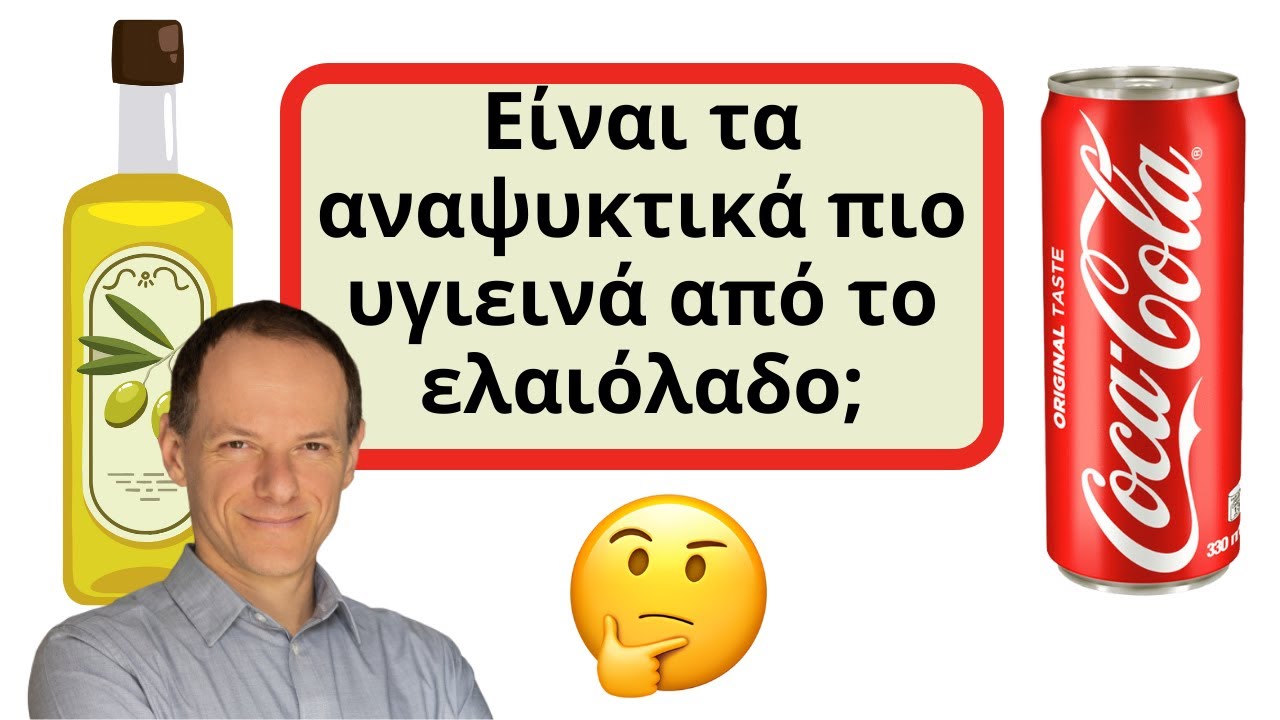
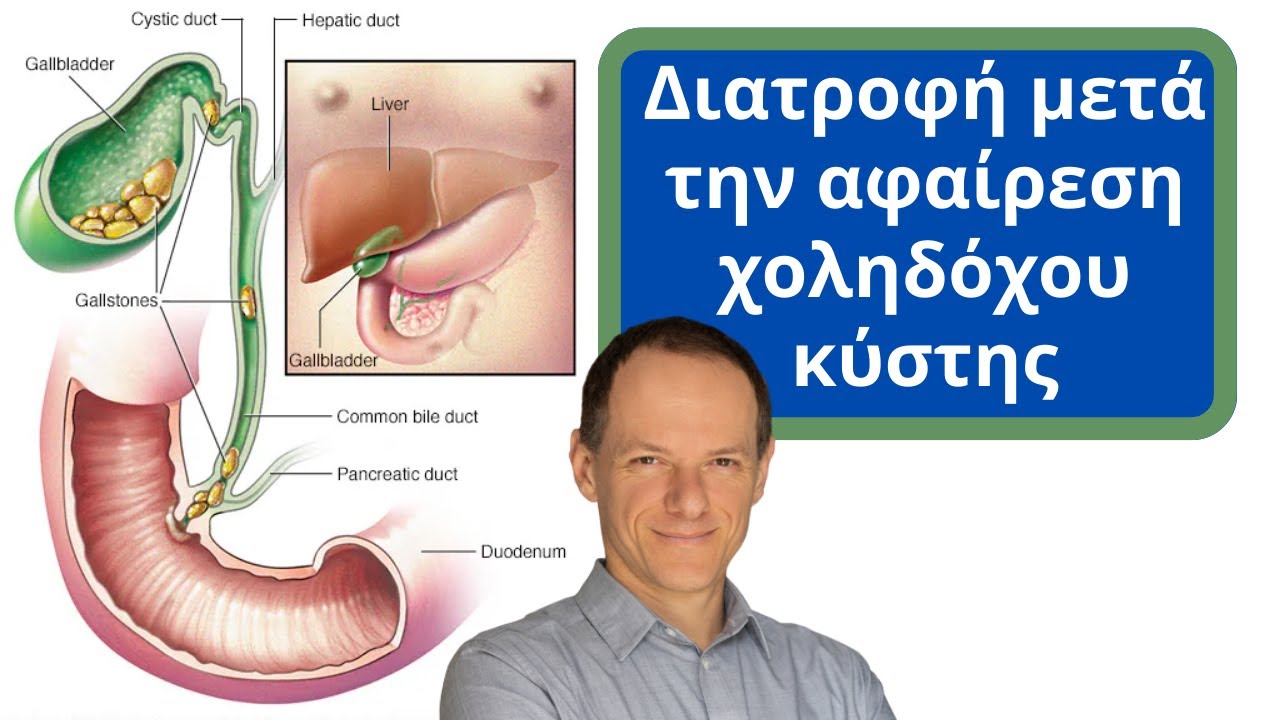

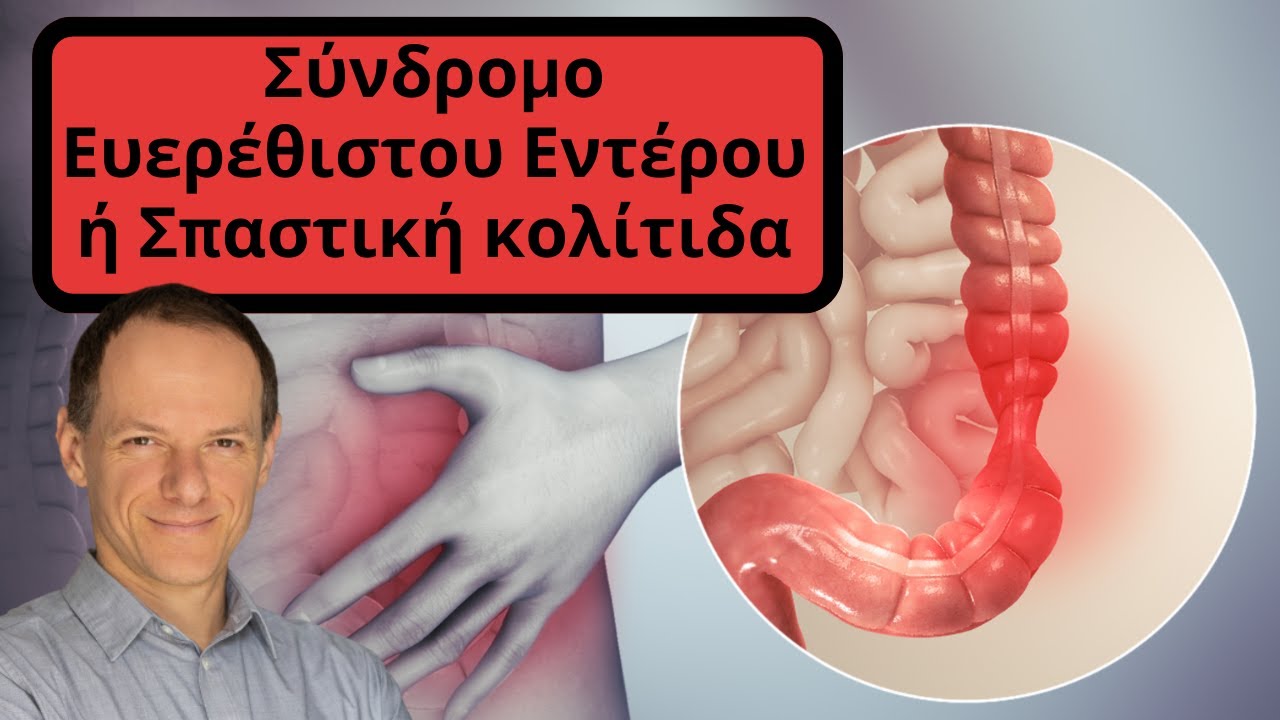
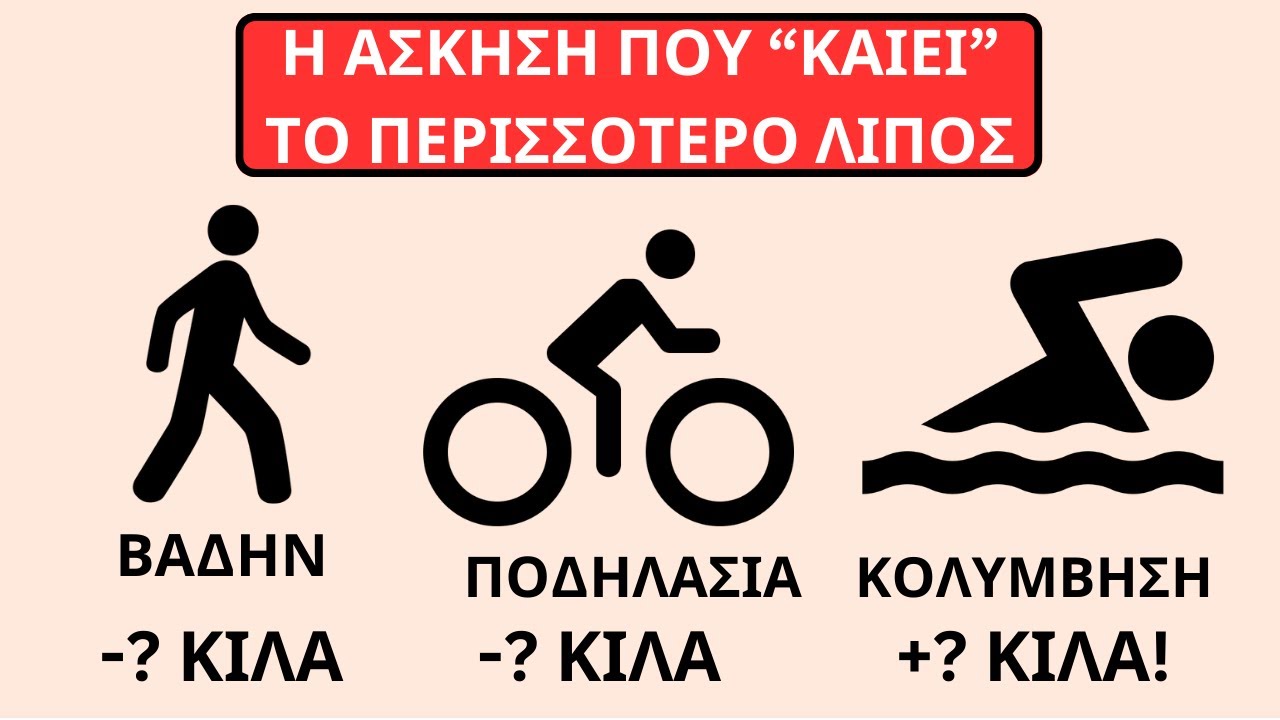

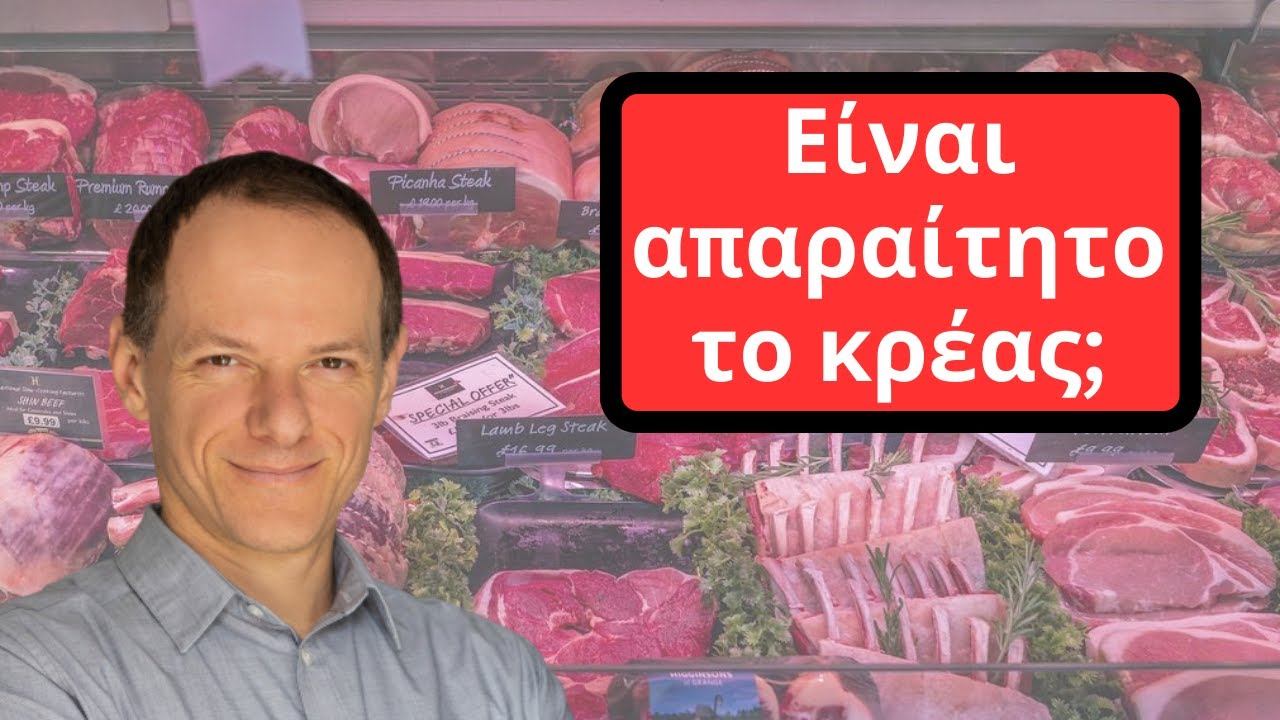
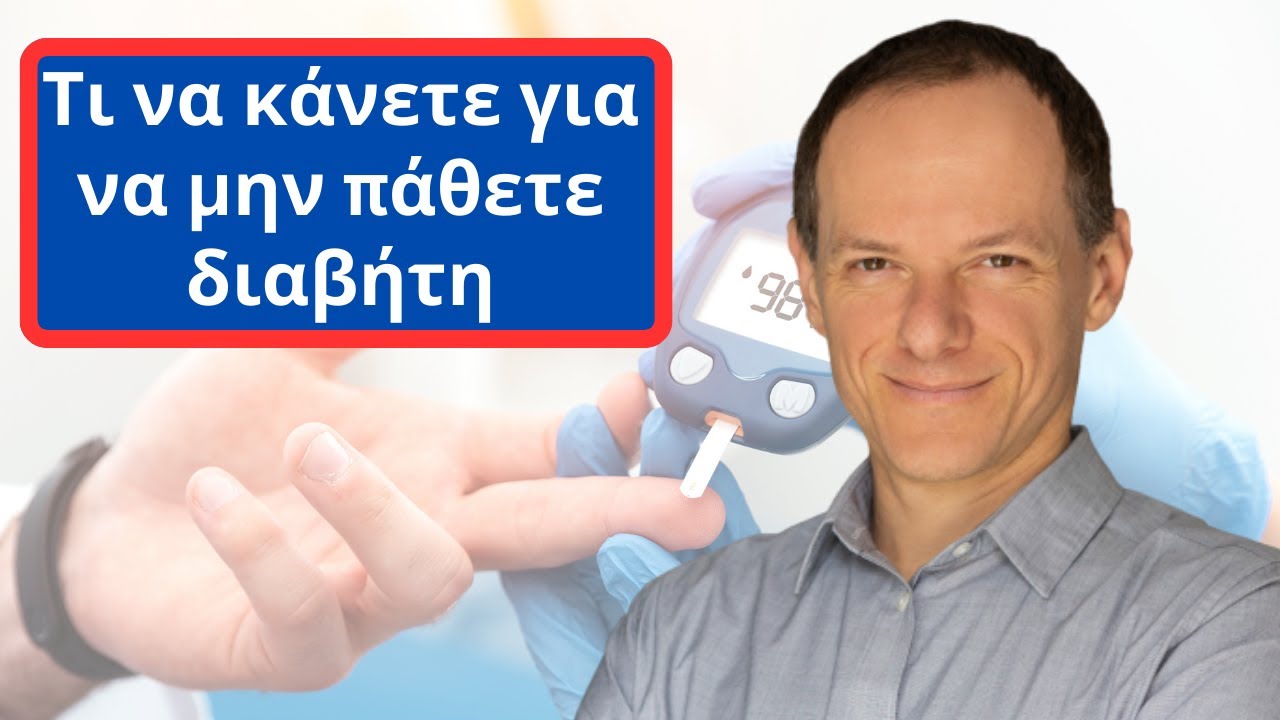


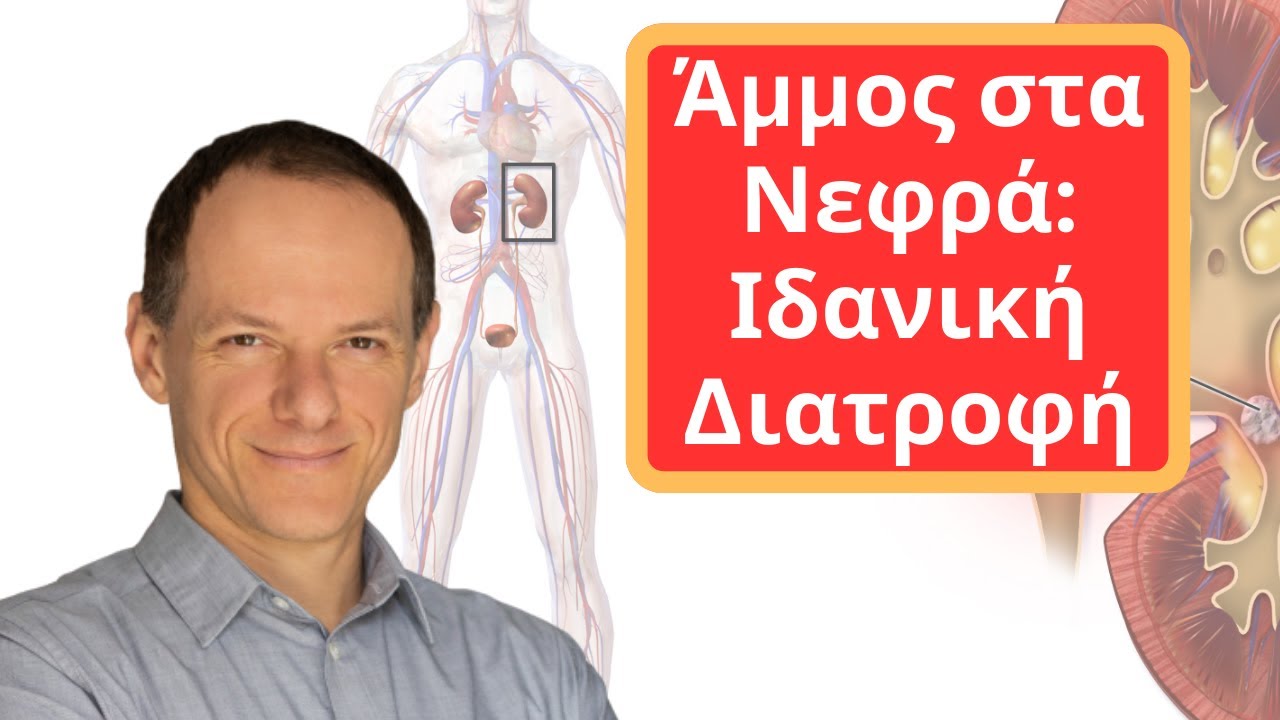


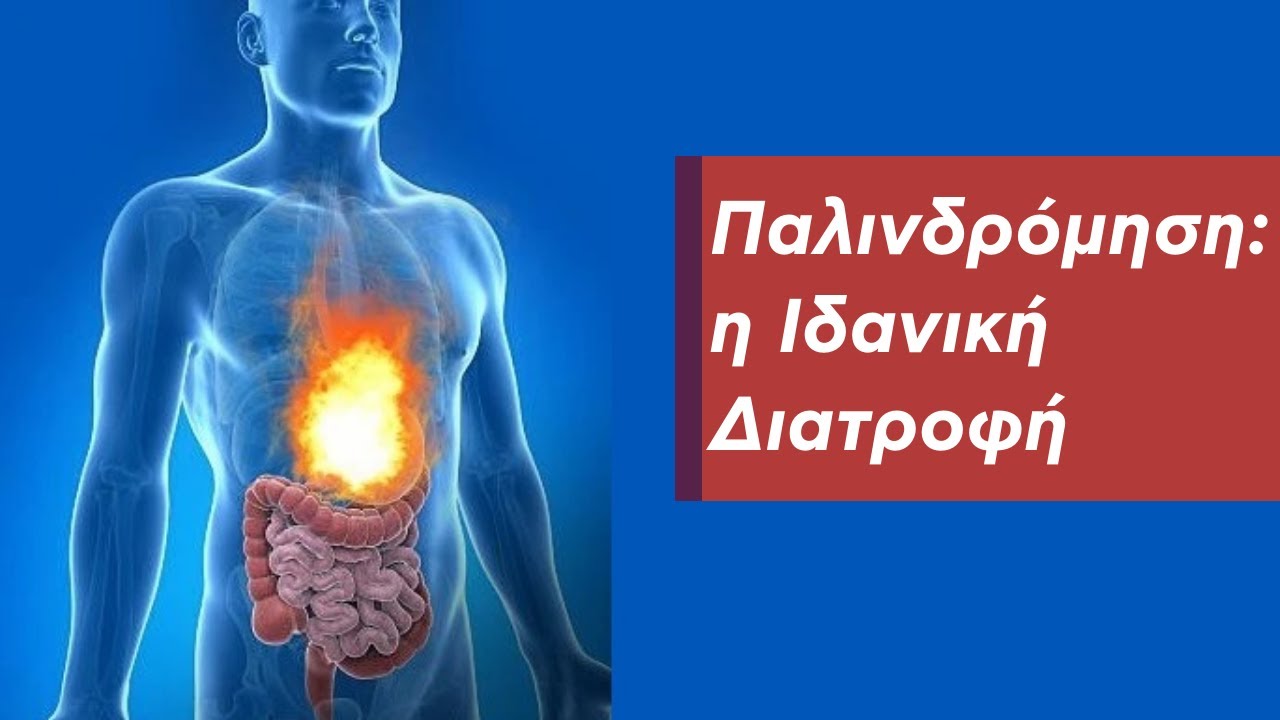
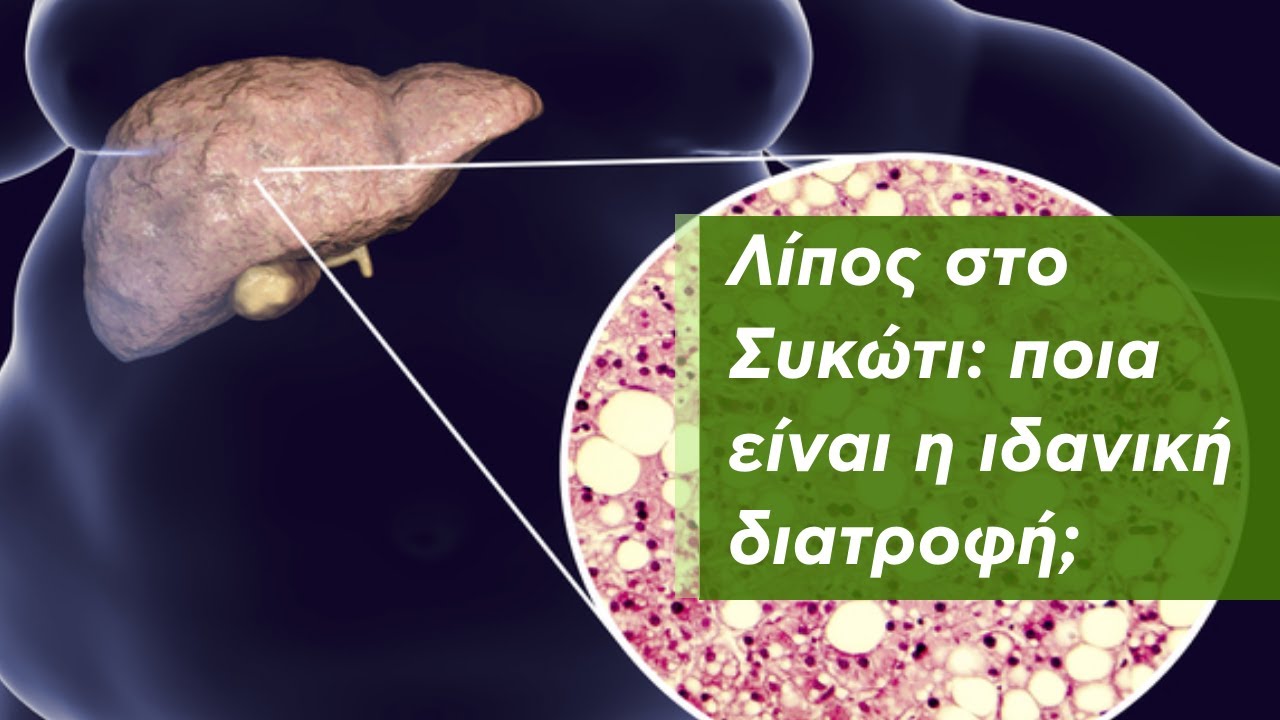
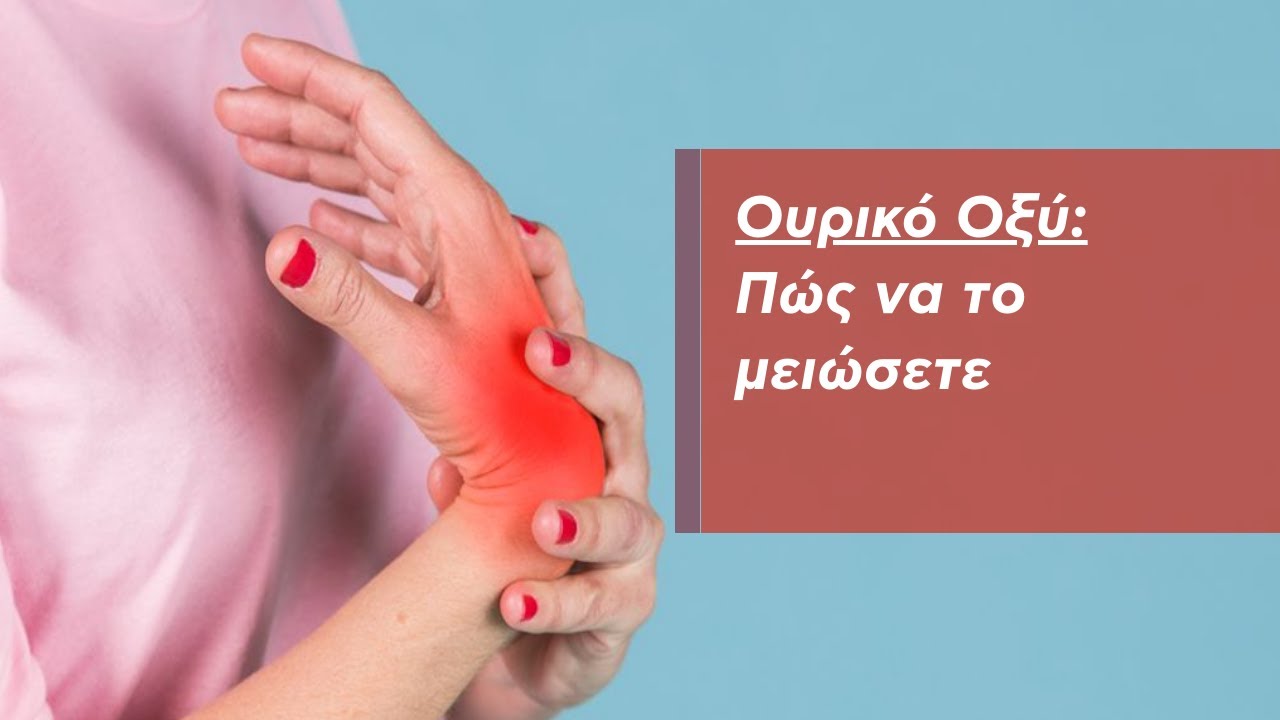
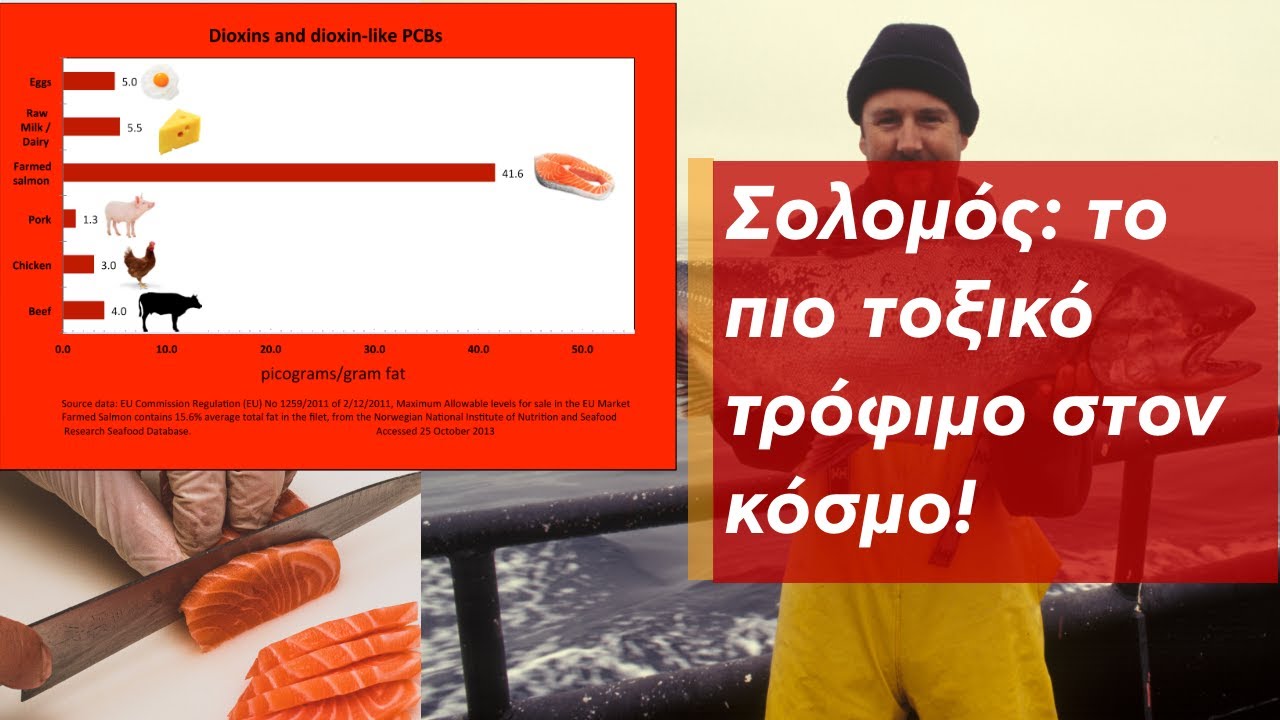

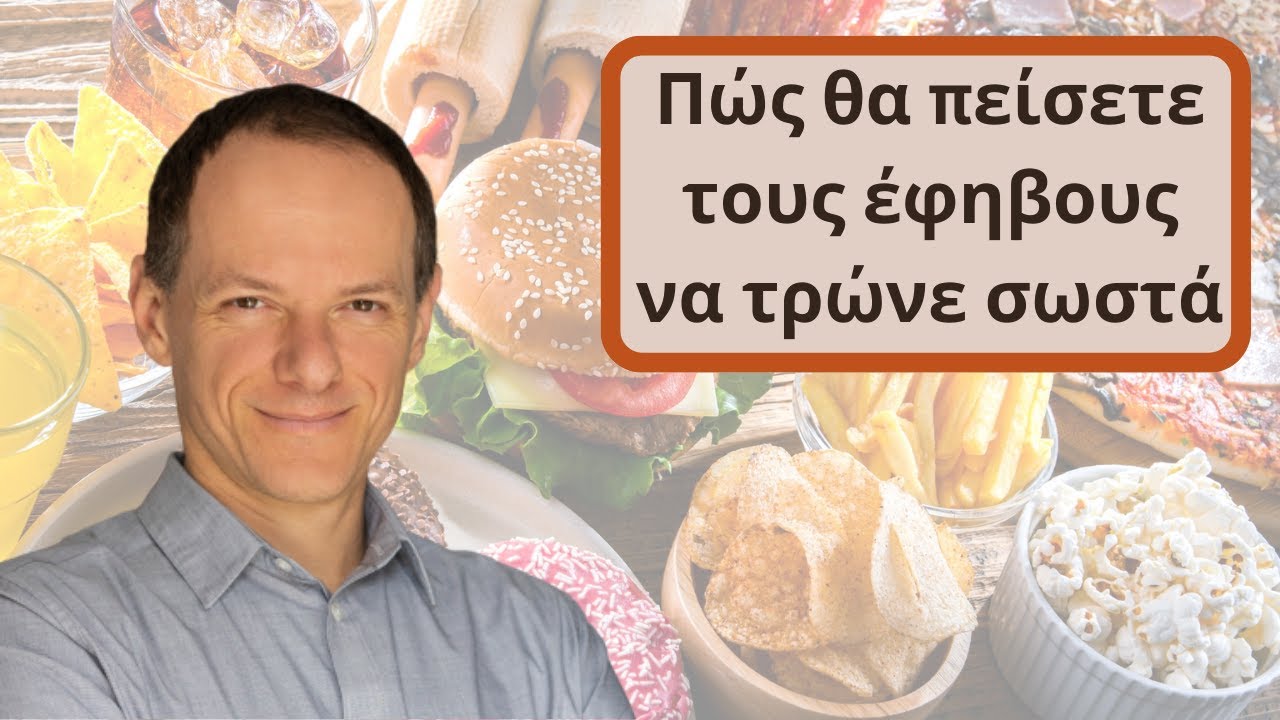
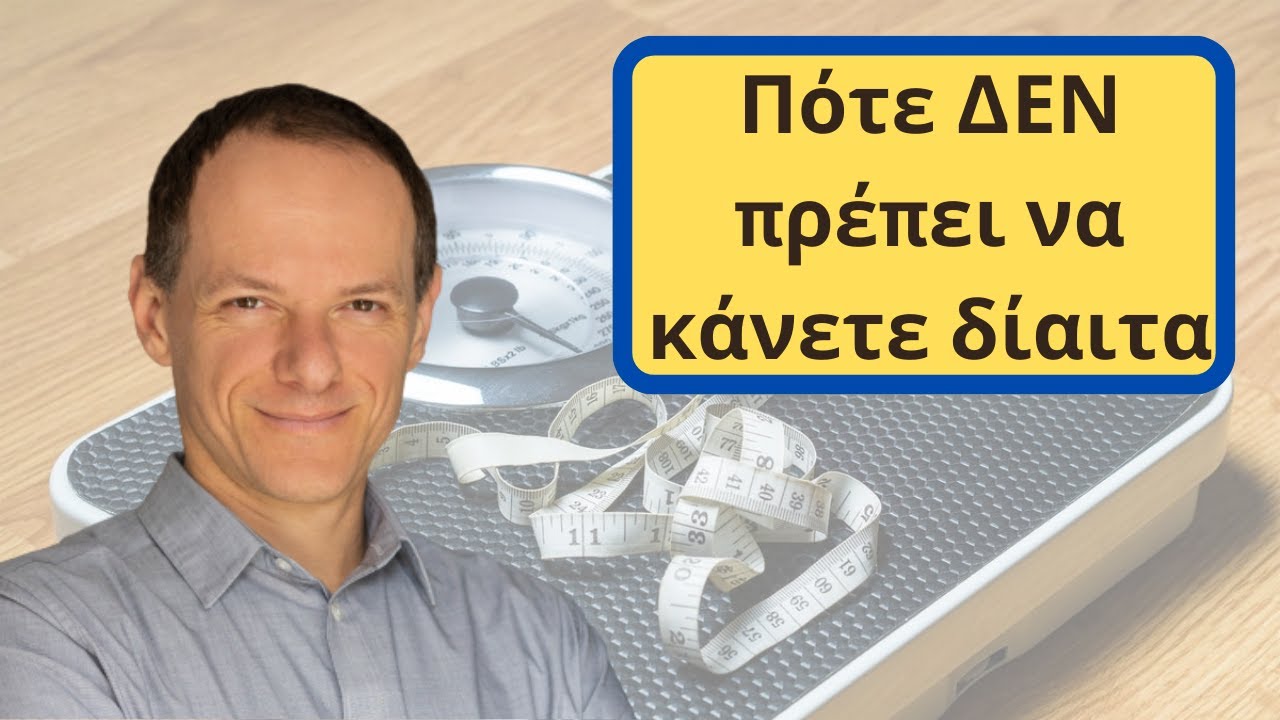

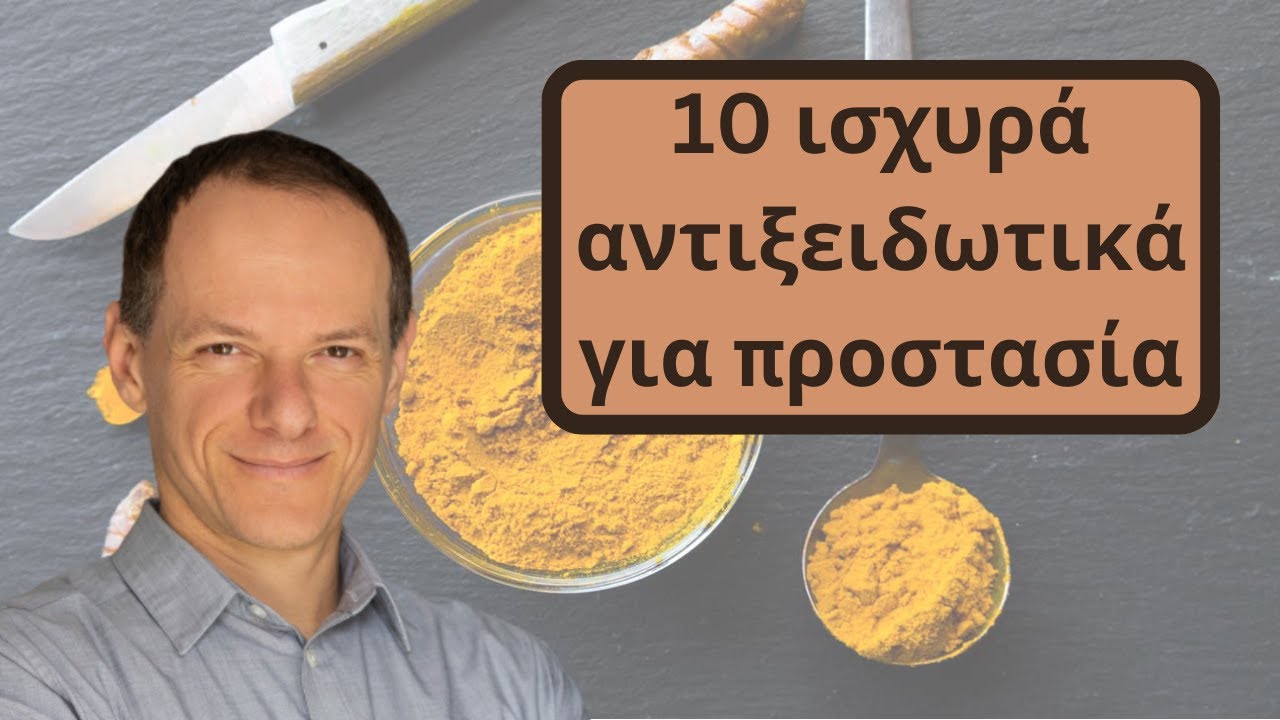
0 Σχόλια